‘Healthy’ foods that have died out for good reason
From coconut oil to vegan burgers, these are the ‘healthy’ foods that have died out for good reason...

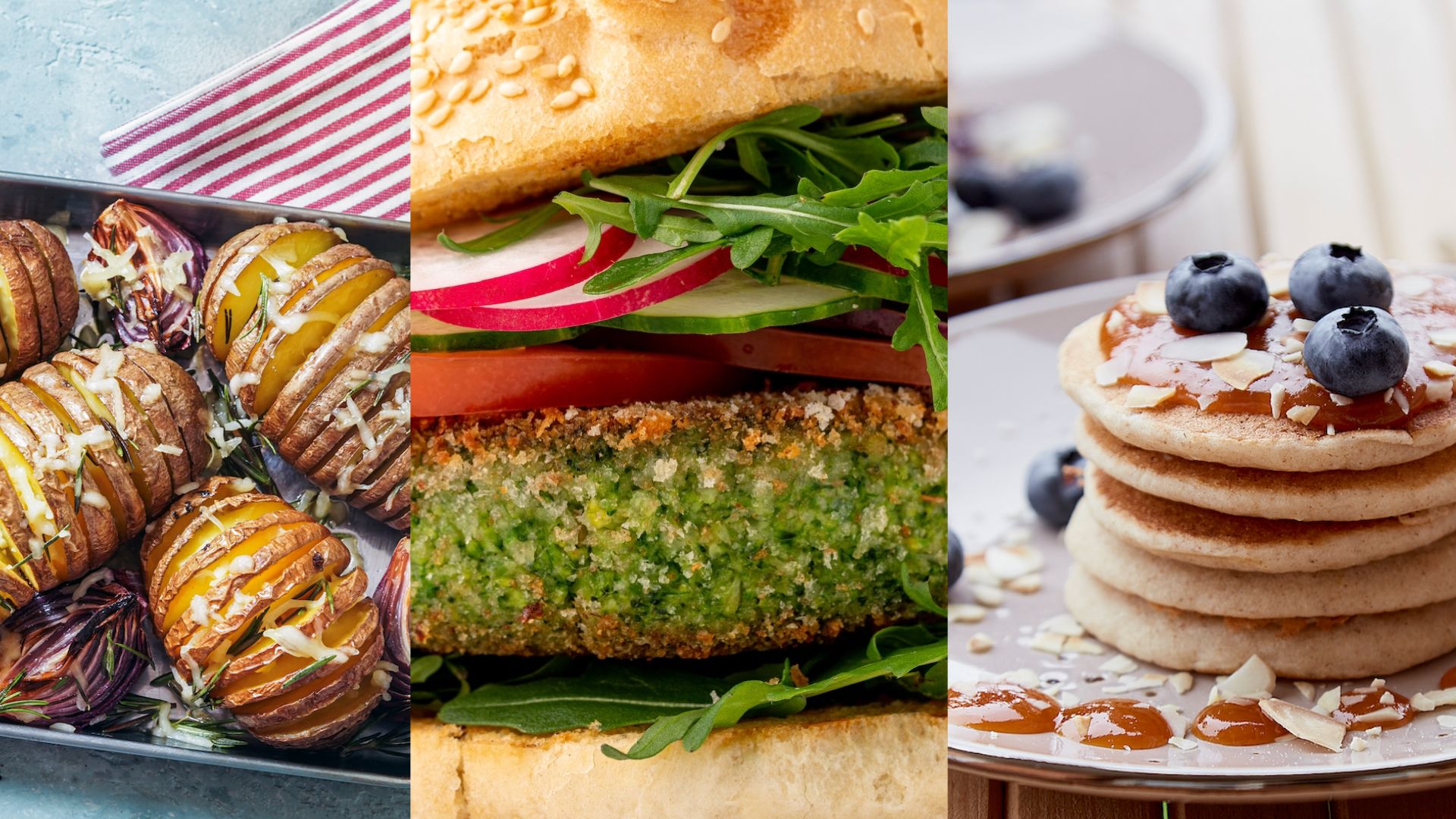
Sign up to our free daily email for the latest royal and entertainment news, interesting opinion, expert advice on styling and beauty trends, and no-nonsense guides to the health and wellness questions you want answered.
You are now subscribed
Your newsletter sign-up was successful
Want to add more newsletters?

Daily (Mon-Sun)
woman&home Daily
Get all the latest beauty, fashion, home, health and wellbeing advice and trends, plus all the latest celebrity news and more.

Monthly
woman&home Royal Report
Get all the latest news from the Palace, including in-depth analysis, the best in royal fashion, and upcoming events from our royal experts.

Monthly
woman&home Book Club
Foster your love of reading with our all-new online book club, filled with editor picks, author insights and much more.

Monthly
woman&home Cosmic Report
Astrologer Kirsty Gallagher explores key astrological transits and themes, meditations, practices and crystals to help navigate the weeks ahead.
Over the years, countless groceries have been marketed as "healthy" only to fade away once the truth about their nutritional value emerged. Many items promised wellness in their marketing claims, but turned out to provide little nourishing fuel.
These include the products with alluring descriptions like 'fat free', 'diet' or 'light' - often found on cereals, yoghurts and dressings. However, cult health products like coconut oil, juices and almond milk have also found themselves in the limelight, as nutrition awareness grew in recent decades.
Allow us to take you on a trip down memory lane, to find out which "healthy" foods our nutrition experts are glad have dwindled in popularity and why. Maybe you sampled a few of them yourself in years gone by...
32 ‘healthy’ foods that have died out for good reason
Agave syrups
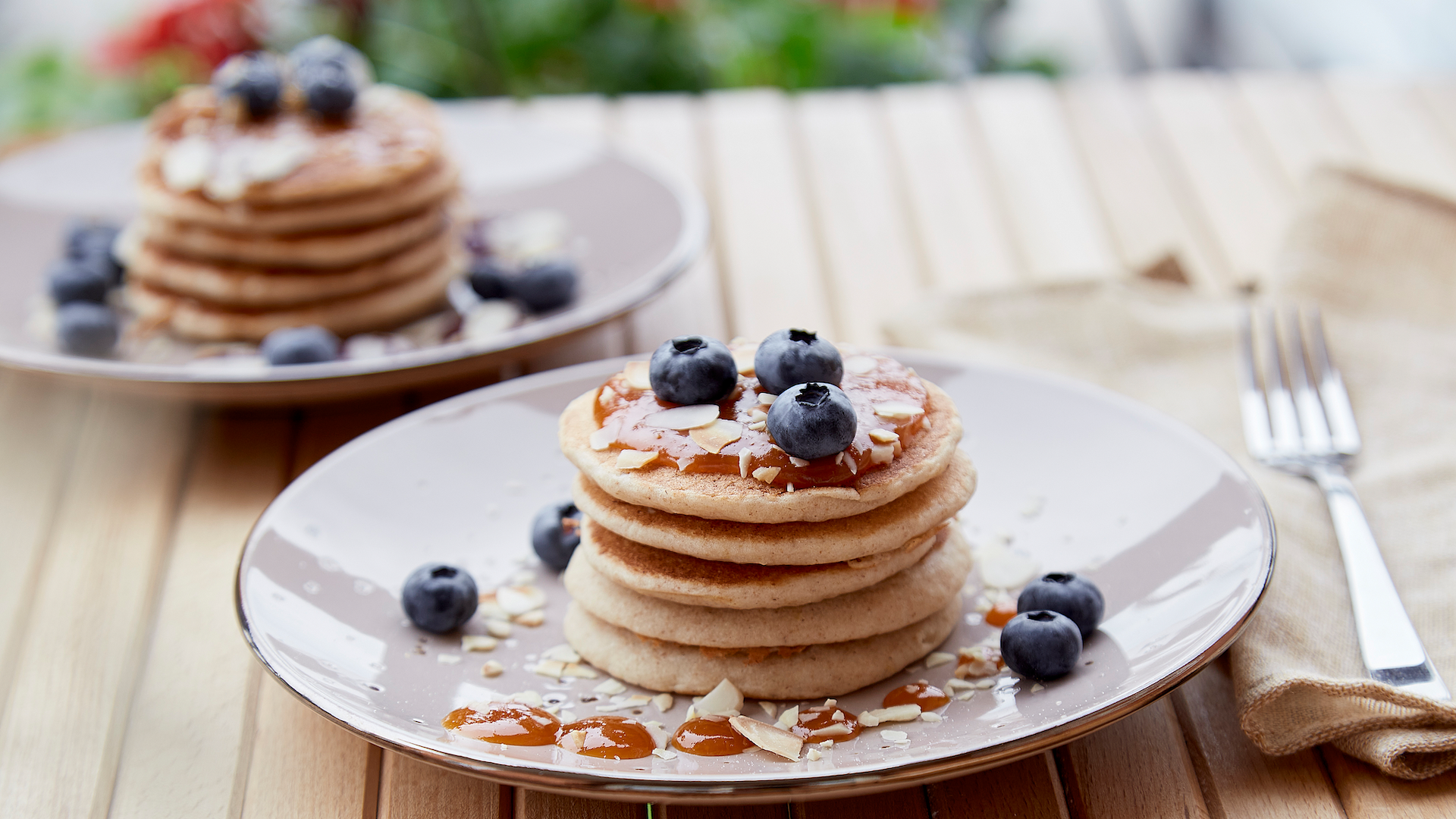
"Agave syrup was once marketed as a low-GI, 'healthier' alternative to sugar, but its benefits were oversold," says Alison Bladh, a registered nutritionist. "Its low glycaemic index comes from being very high in fructose, which is processed in the liver and - in excess - can raise triglycerides, promote visceral fat and even contribute to fatty liver. A health halo doesn’t change the fact that it behaves much like regular sugar in the body."
Egg white omelettes
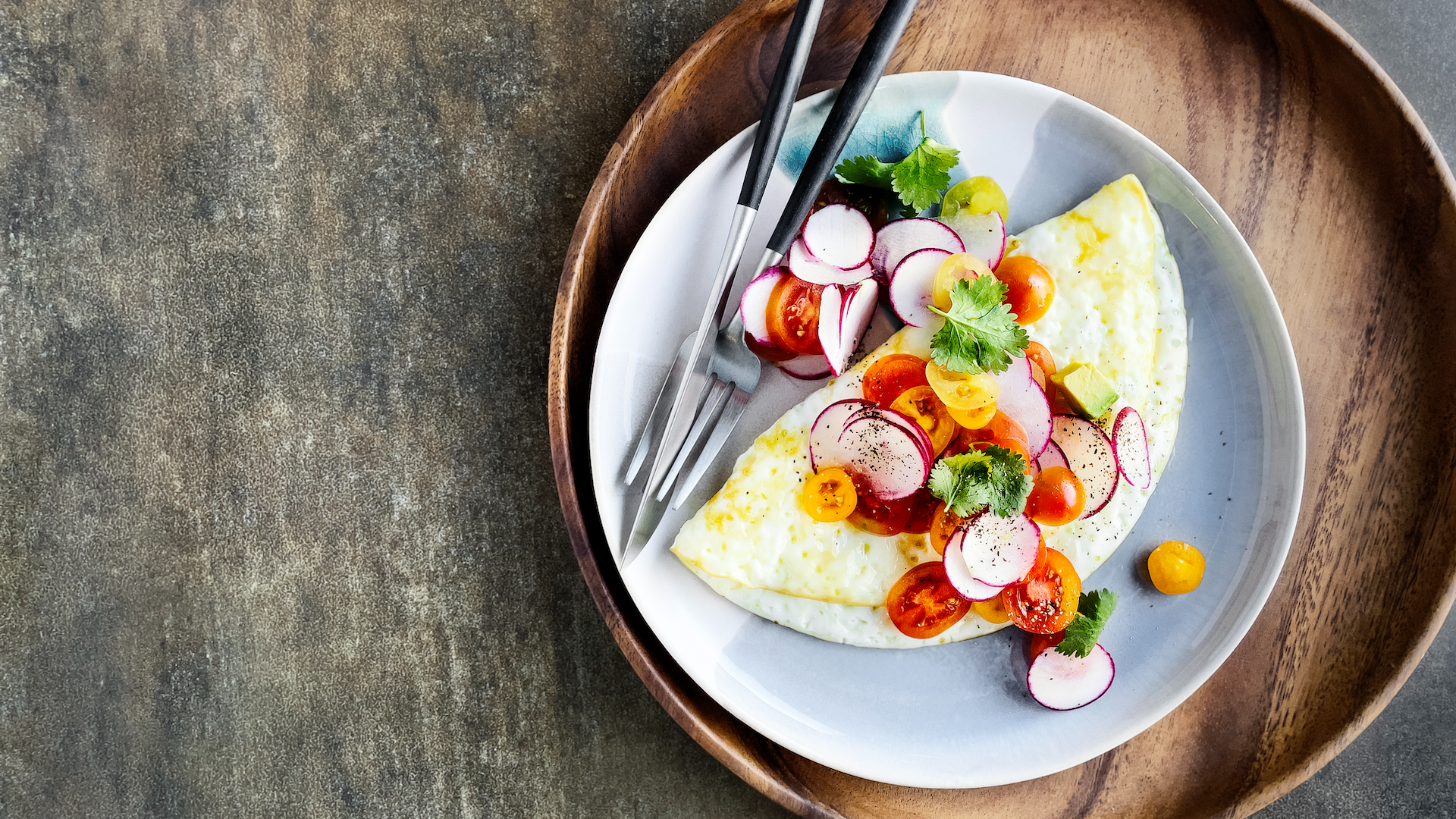
"Once a staple of low-fat, high-protein diets, egg white omelettes were promoted as the clean, lean alternative to whole eggs," notes Alison Bladh, a registered nutritionist. "The idea was to avoid the yolk’s fat and cholesterol - but in doing so, you also lost choline, B vitamins, antioxidants like lutein and healthy fats that support brain function, hormone production and nutrient absorption. We now know that for most people, the cholesterol in eggs has little effect on blood cholesterol, and that the yolk is where much of the nutrition lives."
'Diet' yoghurts
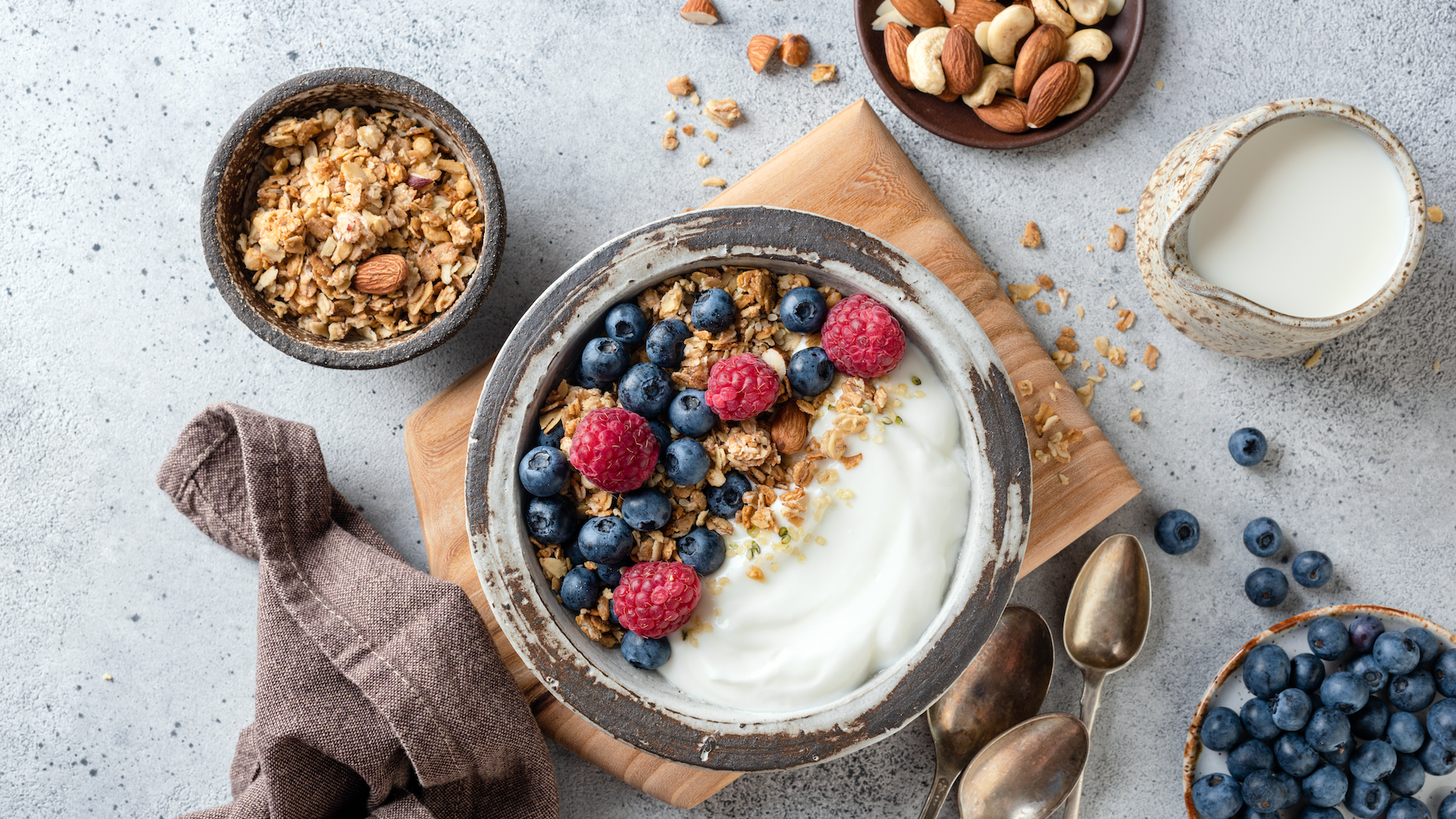
"Once considered the perfect guilt-free snack, diet yoghurts combined a low-fat base with artificial sweeteners to keep calories down," recalls Alison Bladh, a registered nutritionist. "The problem? Without fat, they lacked the nutrients needed for fullness, and the intense sweetness could blunt satiety signals, keeping sugar cravings switched on. Many also contained thickeners, flavourings and colourings rather than real fruit."
'Slimming' breakfast cereals
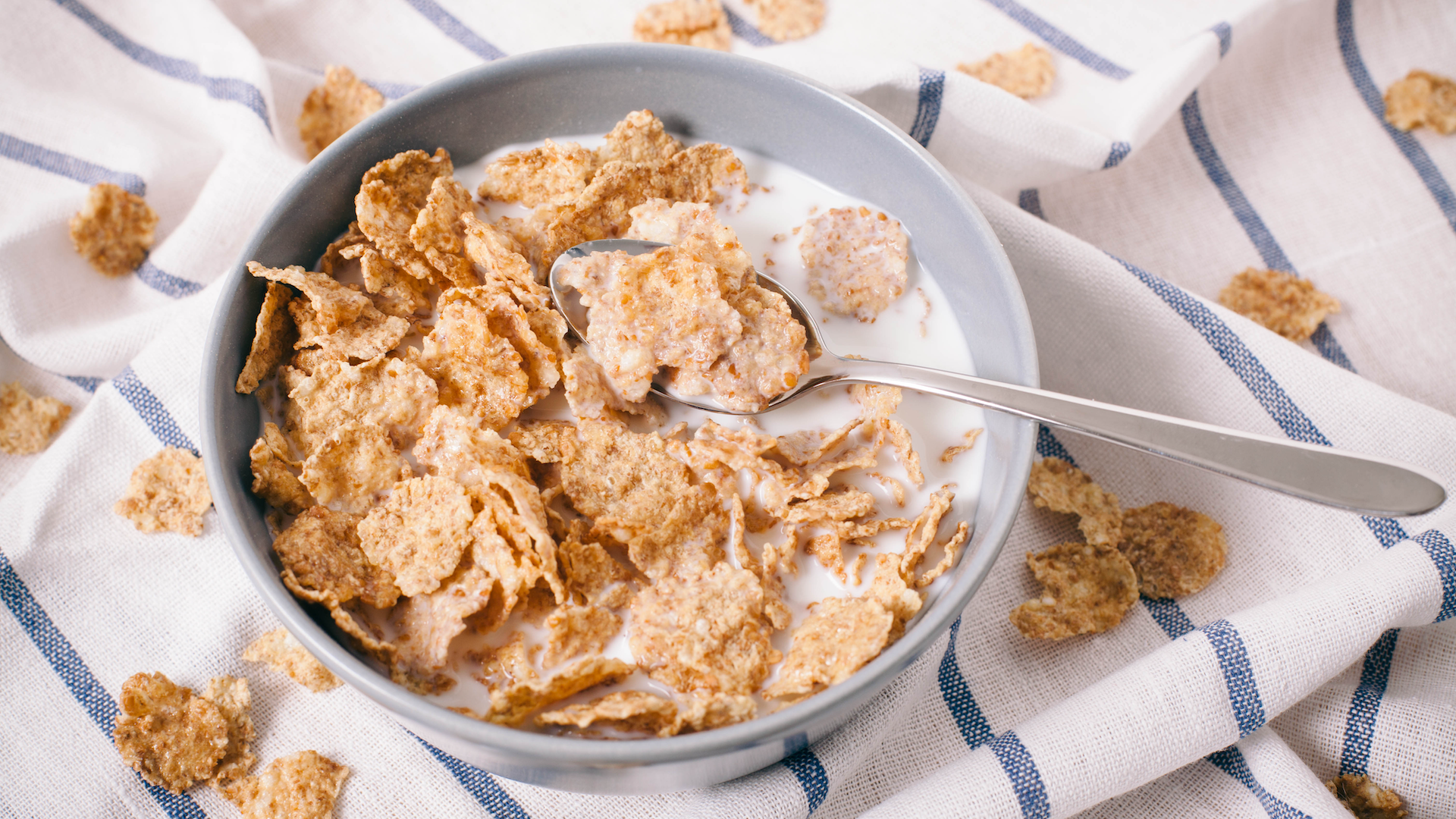
"We all remember the 'slimming' cereals sold as the smart way to start the day and keep calories low," says Alison Bladh, a registered nutritionist. "In reality, many were made from refined grains with added sugar, giving a quick burst of energy followed by a mid-morning slump. Fortifying them with vitamins didn’t make up for the lack of fibre, protein and healthy fats needed to stay satisfied."
Sign up to our free daily email for the latest royal and entertainment news, interesting opinion, expert advice on styling and beauty trends, and no-nonsense guides to the health and wellness questions you want answered.
Meal replacement shakes
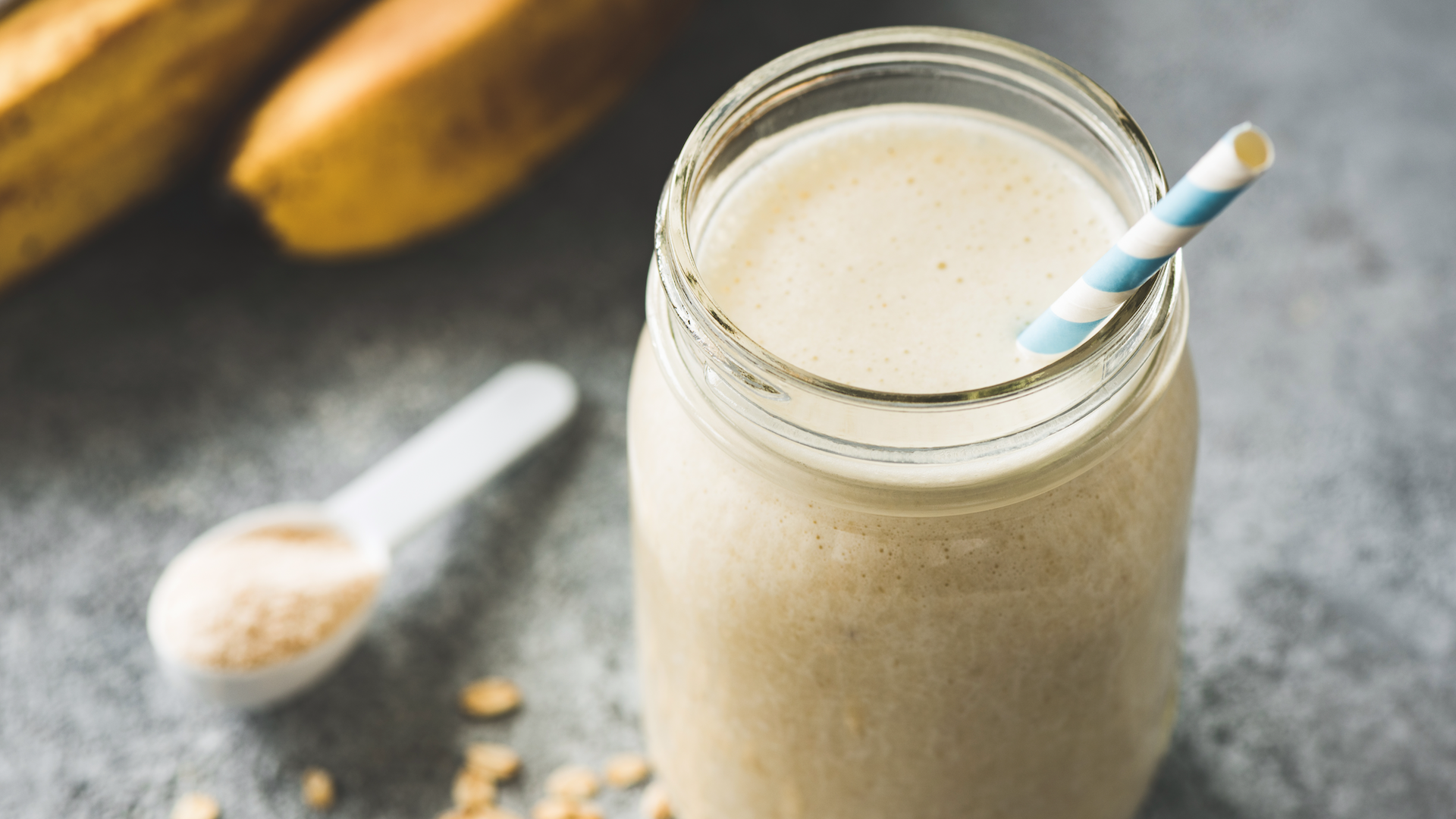
"The 'two shakes and a sensible dinner' diet was a huge trend in the 80s, 90s and early 2000s, promising quick, effortless weight loss," explains Alison Bladh, a registered nutritionist. "While convenient, these shakes often contained little more than powdered milk, artificial flavourings and added vitamins. They lacked the variety, texture and satisfaction of real food, leading to hunger, boredom and eventually weight regain when people returned to normal eating."
'Fat free' salad dressings
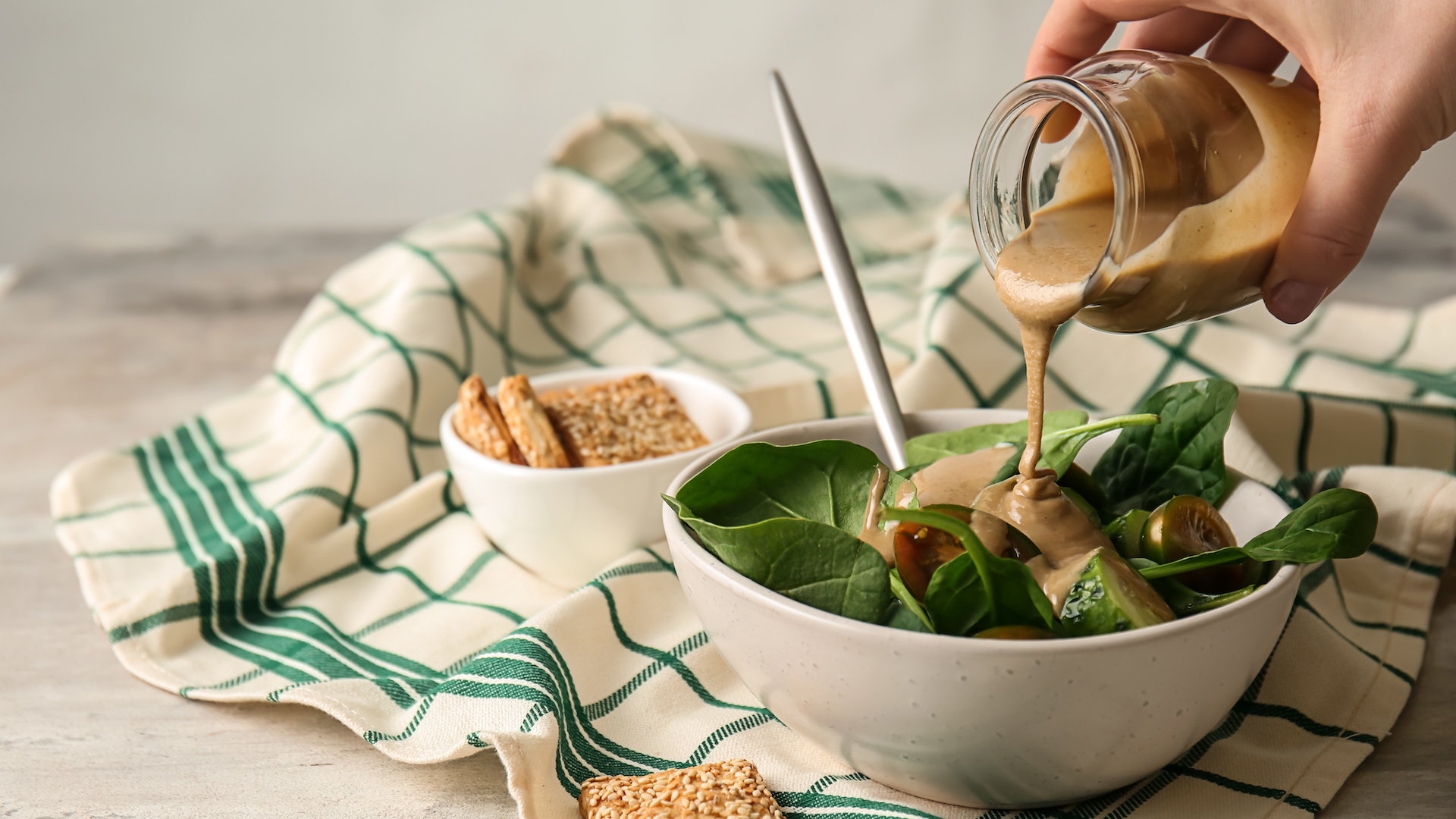
"Fat-free salad dressings were sold as a way to enjoy salads 'guilt-free'," shares Alison Bladh, a registered nutritionist. "But, in reality, removing the oil meant losing both flavour and the healthy fats needed to absorb vitamins A, D, E and K from the vegetables. To make up for the missing richness, many brands added sugar, thickeners and artificial flavourings, turning a seemingly healthy salad into a less-than-ideal option."
Turkey rashers
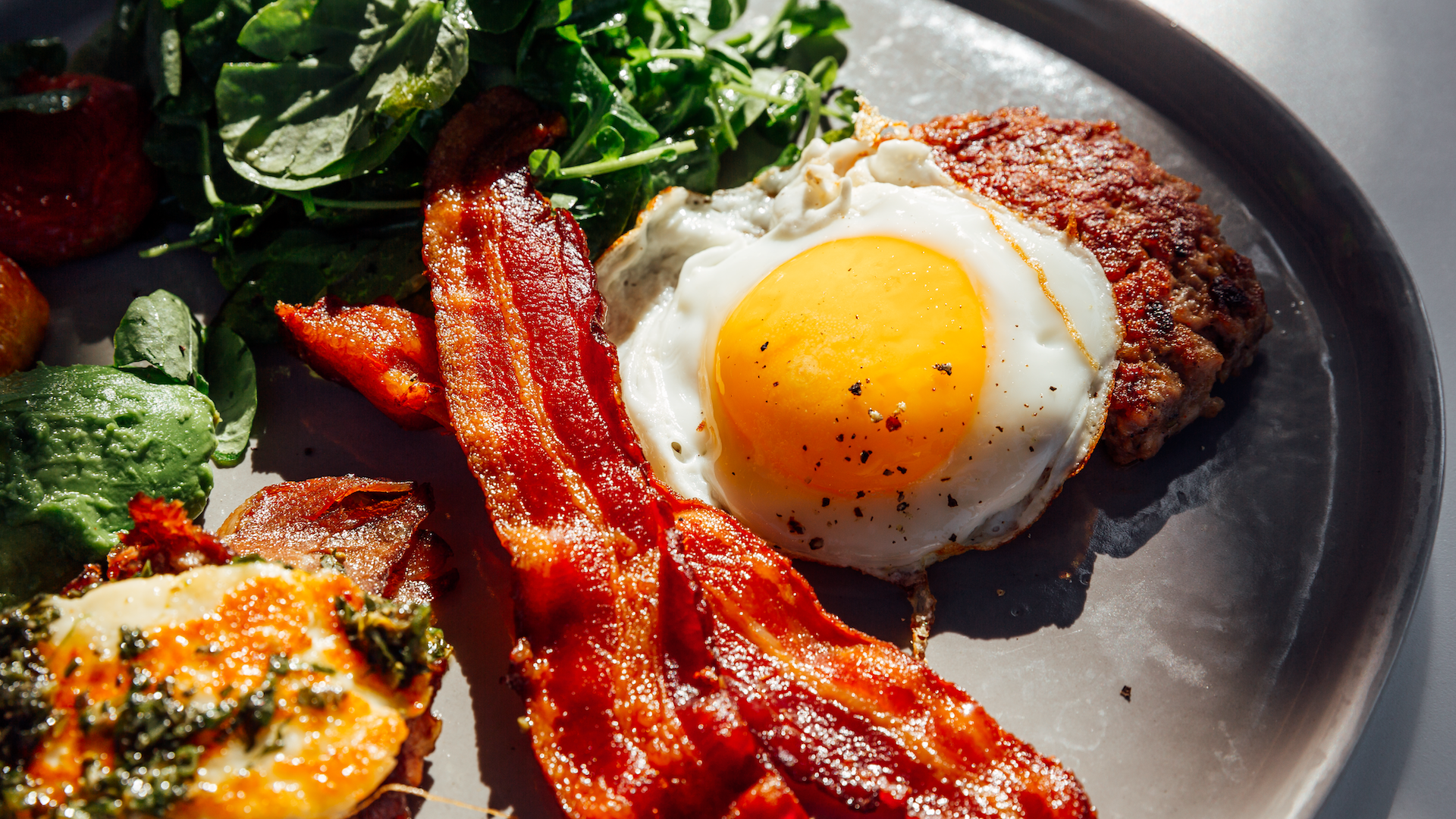
"Turkey rashers were once promoted as the lean, low-fat alternative to traditional bacon, perfect for anyone trying to cut calories and saturated fat," says Alison Bladh, a registered nutritionist. "On paper, they looked virtuous, but the reality was less appealing. Most were heavily processed, with added salt, preservatives and flavourings to mimic the taste of pork. While they were lower in fat, they offered little improvement in overall nutritional quality."
Flapjacks
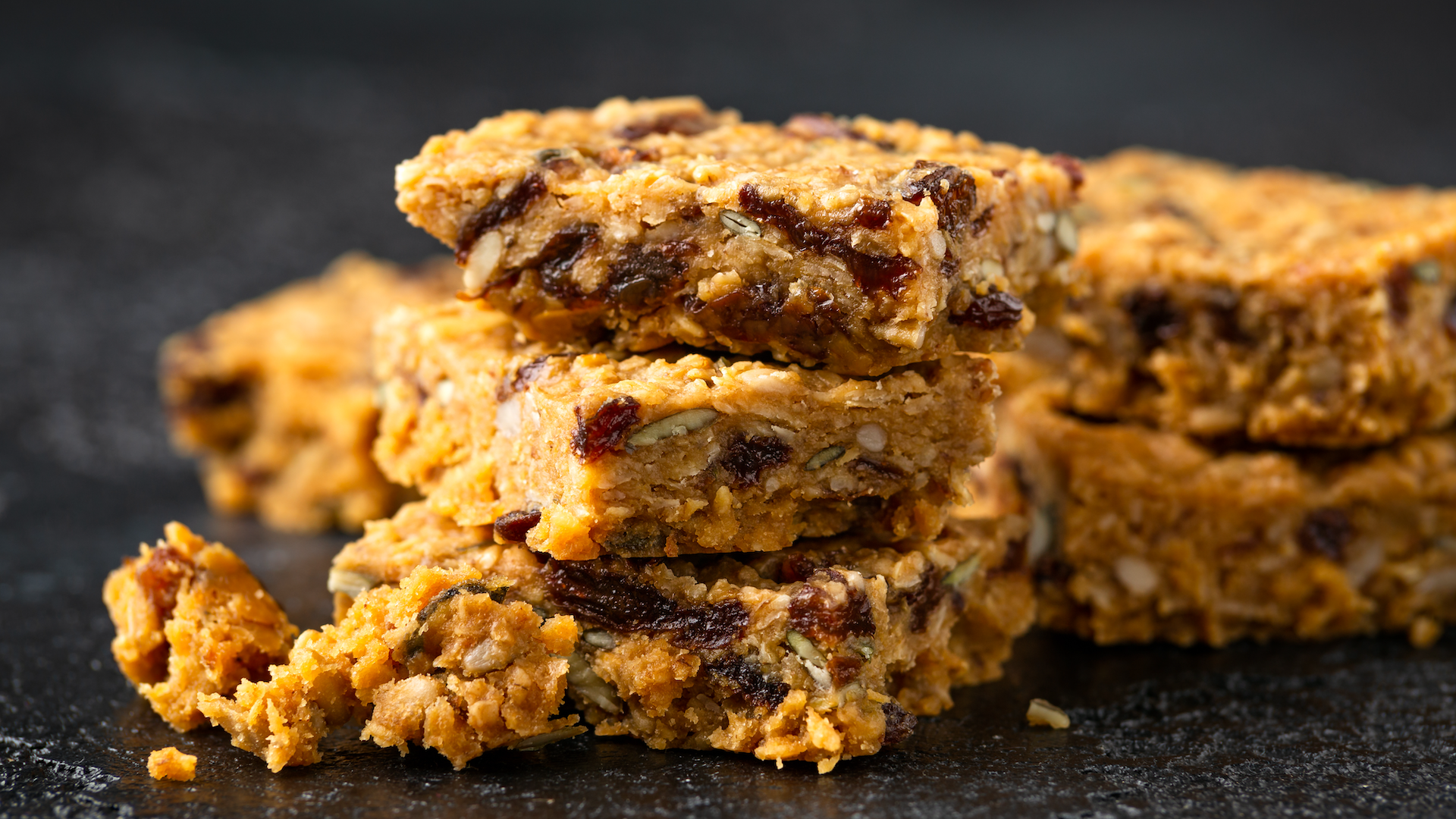
"Flapjacks were once considered healthy because they contain oats, which are a source of fibre and slow-releasing energy," points out Kerry Beeson, nutritional therapist at Prep Kitchen. "This wholesome reputation was not fully deserved, however, because they also typically have a very high refined sugar and fat content, and are usually very high in calories. They’re still a step up from a chocolate bar, but there are healthier oat-based snacks to choose from, such as oat cakes with a little nut butter, or you can make your own healthier flapjacks, subbing mashed banana or dates for refined sugar and fat."
Rice cakes
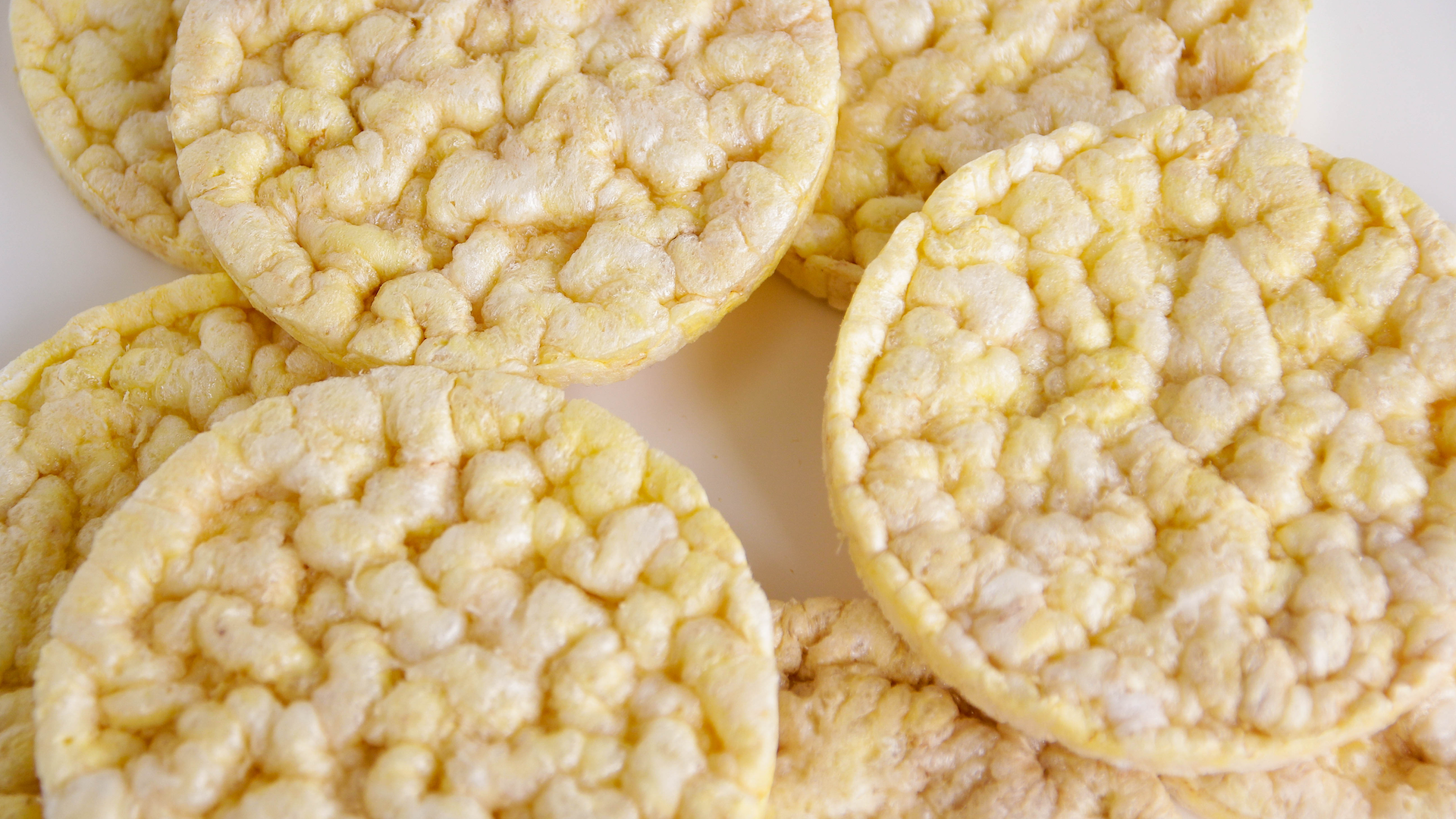
"Rice cakes were once the ultimate diet food - low in calories, low in flavour, and, unfortunately, low in nutrients," says Kerry Beeson, nutritional therapist at Prep Kitchen. "Traditional rice cakes are made from refined white rice, giving them a high glycaemic index and very little protein or fibre, so they do little to keep you full. Modern versions are an improvement, with wholegrain rice or higher-protein ingredients such as lentils or quinoa, but even these are best paired with a nutritious topping like nut butter, hummus or avocado to make them more satisfying and balanced."
Baked potatoes
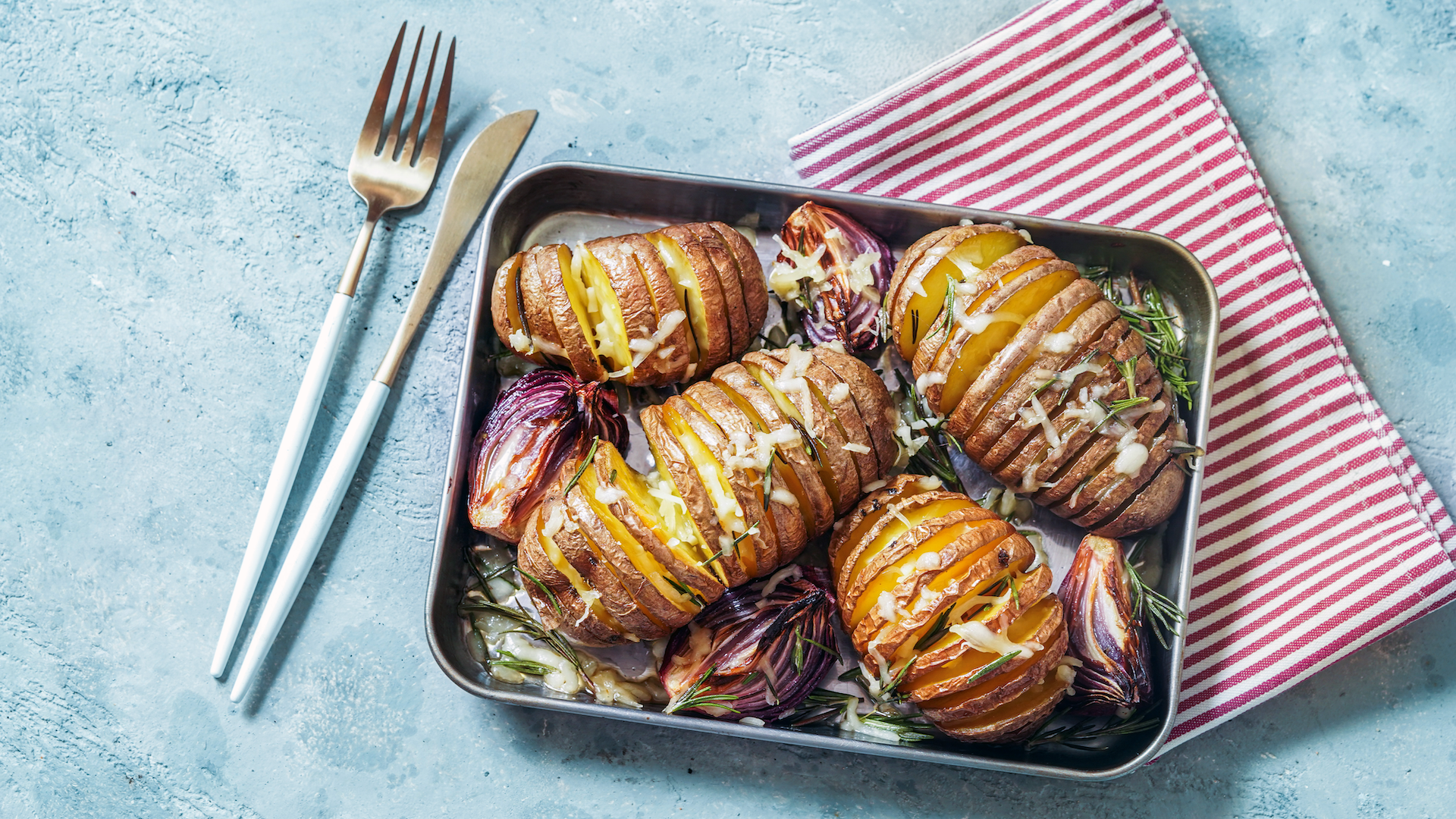
"Baked potatoes were once extolled as the epitome of healthy eating, and certainly you get a bit of fibre when you eat the skin, and some vitamins and minerals," notes Kerry Beeson, nutritional therapist at Prep Kitchen. "They’re classed as a ‘complex carbohydrate’, but the carbs in the bulk of the potato are still digested quite quickly, and as most people loaded them up with butter, cheese, bacon, and tinned beans, the potential benefits were often swamped by the high fat and calorie content. They’re not inherently unhealthy and fine for an occasional meal, but a healthier version might be a baked sweet potato topped with Greek yoghurt and herbs, as sweet potatoes are more slow-digesting and nutrient-dense."
Juices

"Juices are high in rapidly absorbed sugars and lack the fibre found in whole fruit, which helps regulate blood glucose and promote satiety," says Kerry Beeson, nutritional therapist at Prep Kitchen. "In the past, many commercial fruit juices were marketed as ‘healthy drinks’, yet they often contained as much sugar as soft drinks and offered little nutritional advantage beyond their - sometimes low - vitamin content."
Low-fat margarine
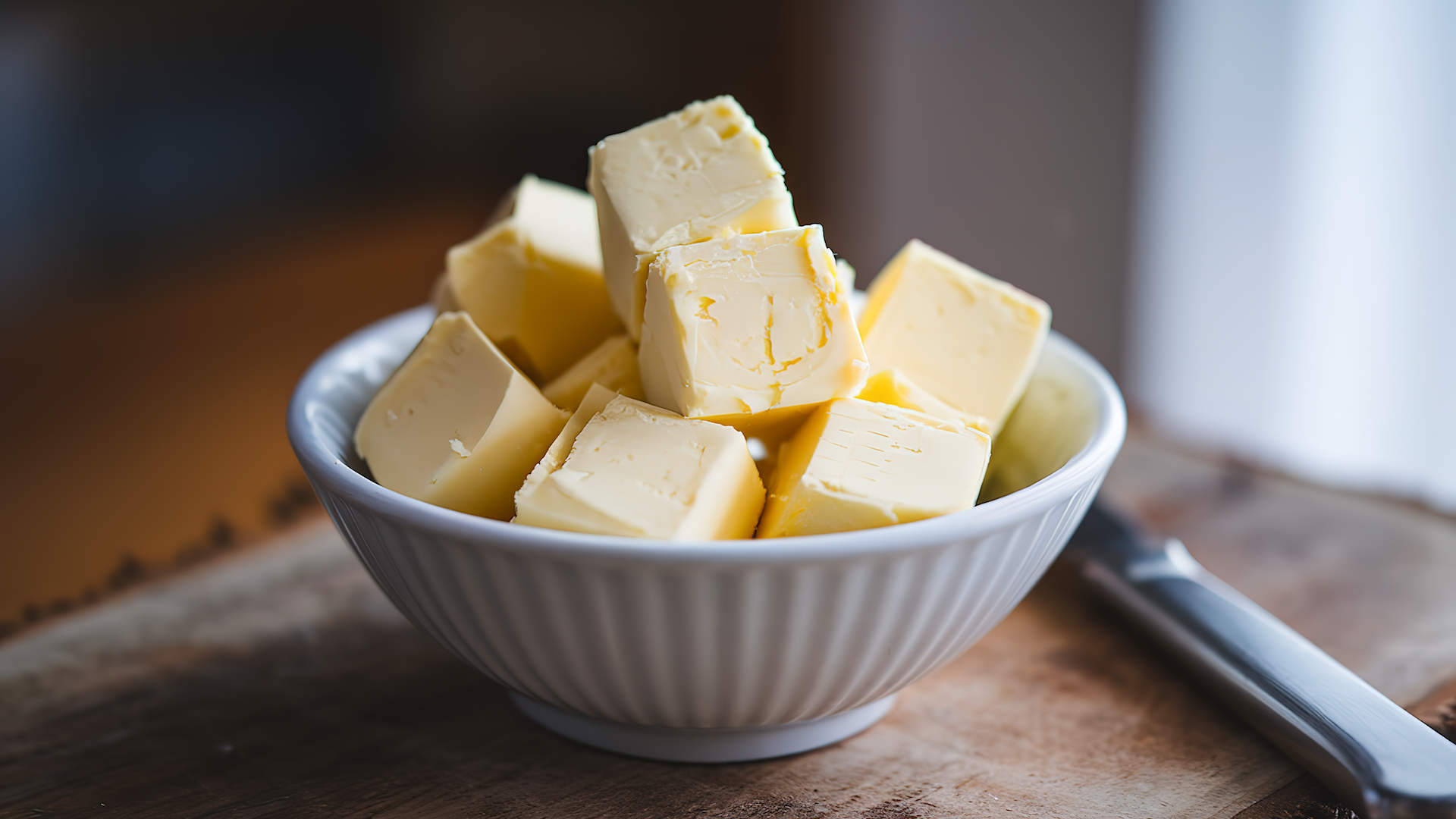
"For many years, low-fat products, such as low-fat margarine, were promoted as the ultimate healthy choice, yet this perspective is skewed," explains Kerry Beeson, nutritional therapist at Prep Kitchen. "Fat itself is an essential nutrient, supporting hormone production, brain function, and the absorption of vitamins A, D, E and K, so it should not be viewed as the enemy and avoided. Low-fat margarines are often highly processed, sometimes containing unhealthy hydrogenated oils, emulsifiers, refined oils and additives."
Cereal bars
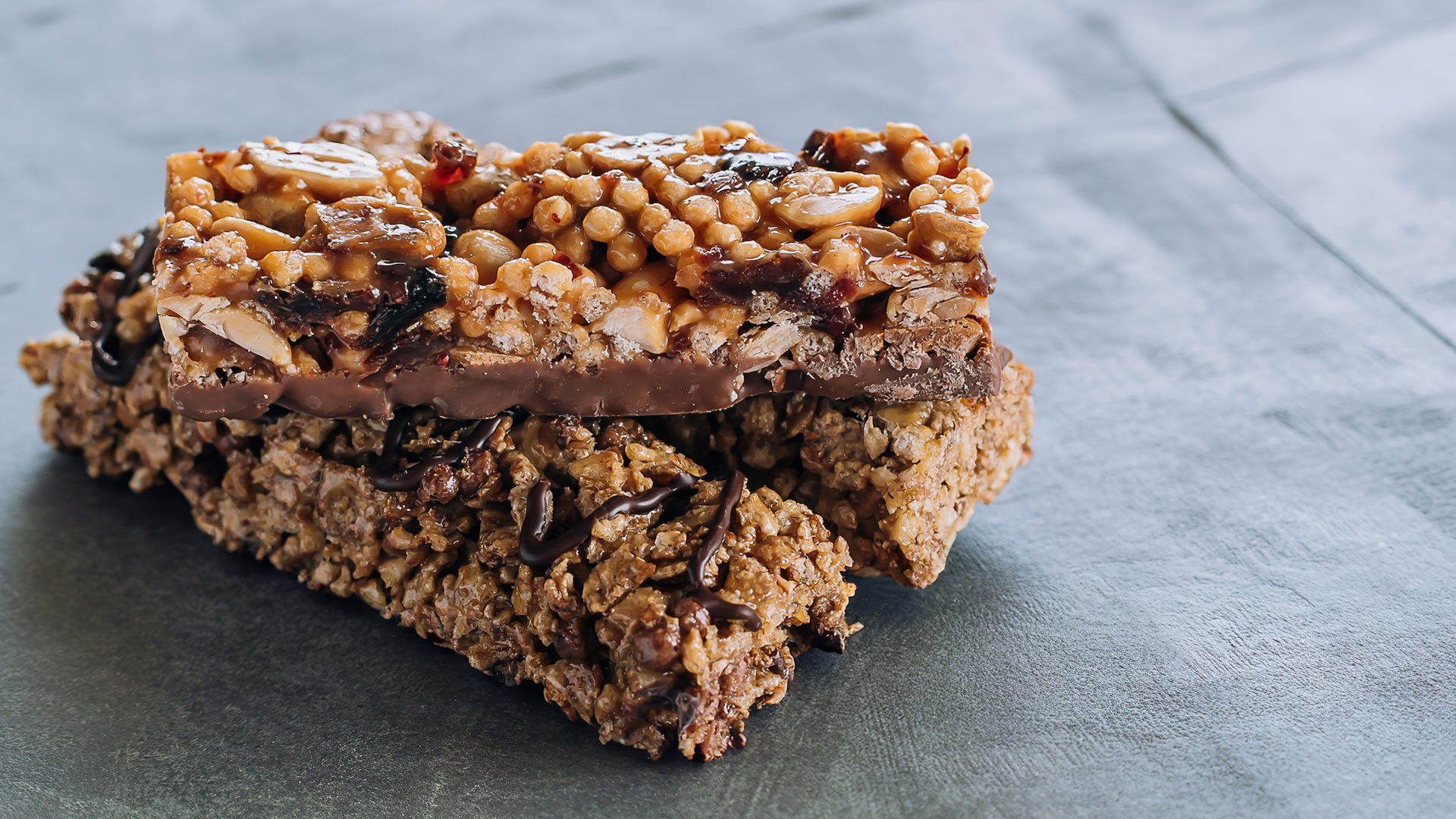
"Cereal bars were touted as convenient, healthy energy boosters – but that's not quite the full picture," notes Sandra Cohen, a nutritional therapist verified on Doctify. "These so-called healthy bars were more about a quick sugar hit than real nourishment. Frequent sugar spikes push your body to release cortisol to rebalance blood sugar, which can strain your stress response over time, and many are also low in protein, healthy fats and key vitamins as well as minerals."
Bran
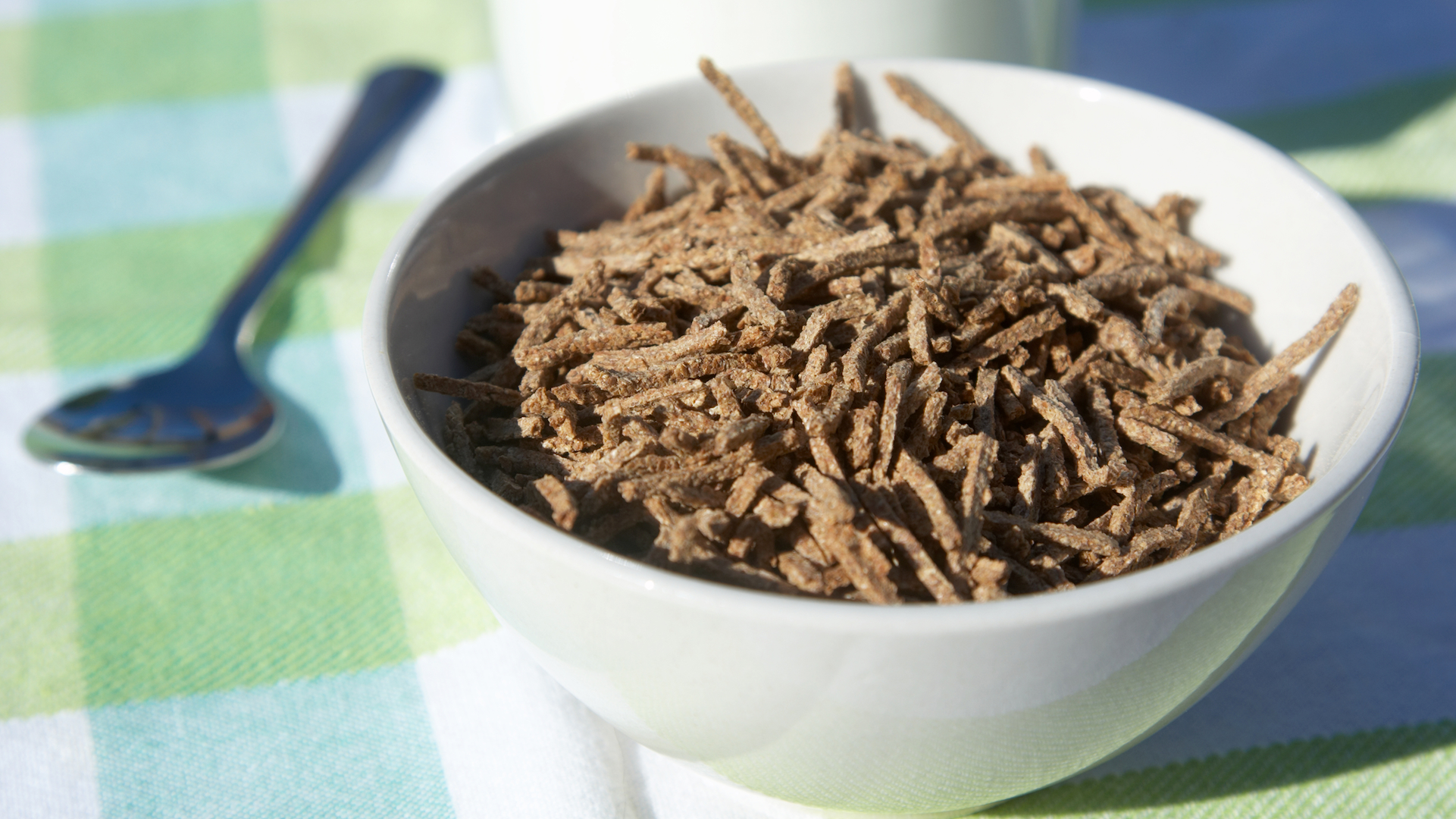
"A bowl of bran might keep you regular, but it won’t keep you nourished or energised," says Sandra Cohen, a nutritional therapist verified on Doctify. "Your gut thrives on a variety of fibre types from different plants, not just bran, and too much bran can bind minerals like zinc and iron, making them harder to absorb. A high-carb, low-protein breakfast can also leave you hungry by mid-morning and affect mood balance."
'Vitamin' waters
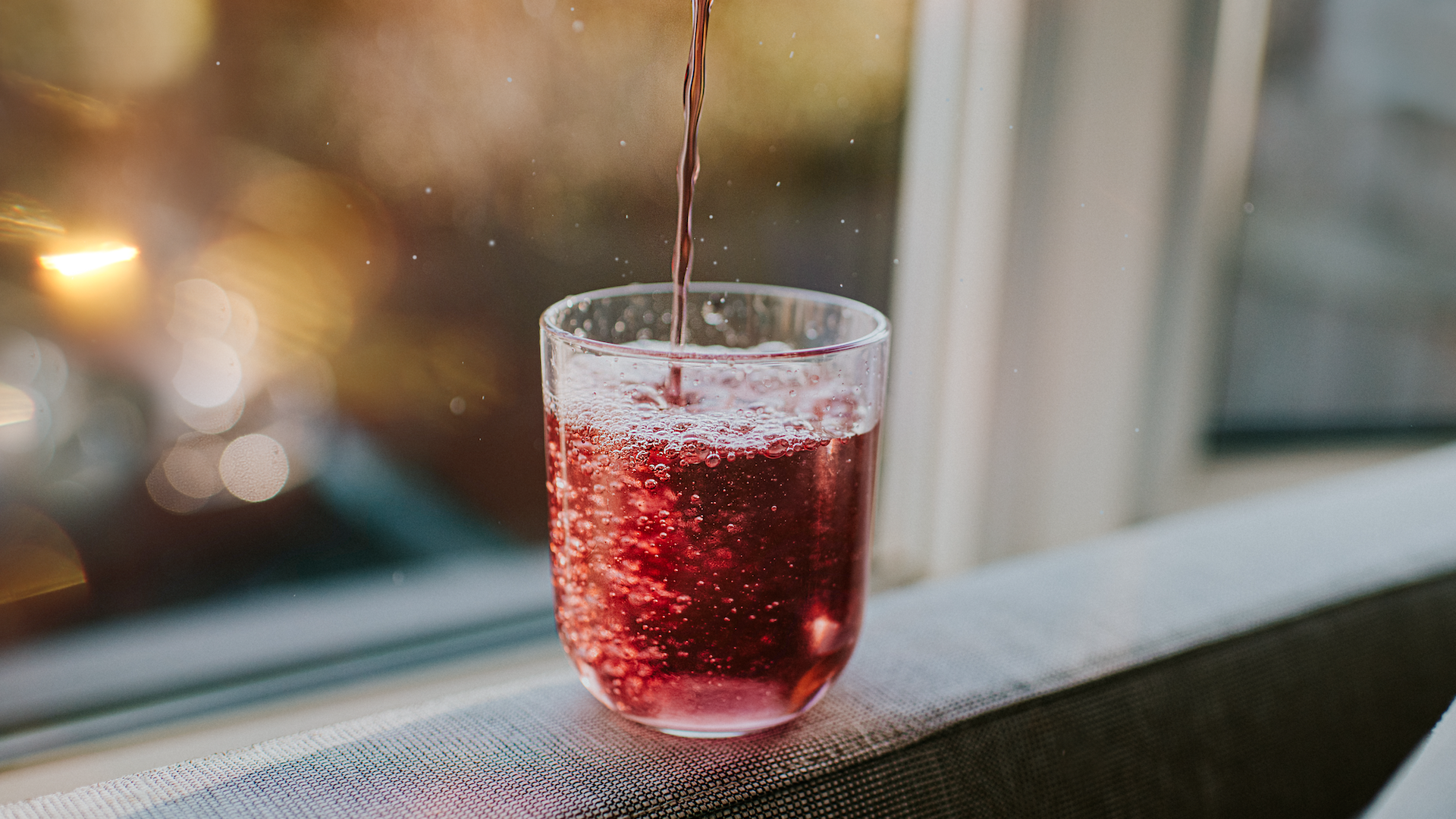
"Low-calorie 'vitamin-enriched' drinks sounded appealing – but often fell short," notes Sandra Cohen, a nutritional therapist verified on Doctify. "The artificial sweeteners can confuse appetite signals and increase cravings, while some sweeteners disrupt gut bacteria and may affect blood sugar control. Additionally, added vitamins aren’t well absorbed without the natural cofactors found in whole foods."
Detox teas
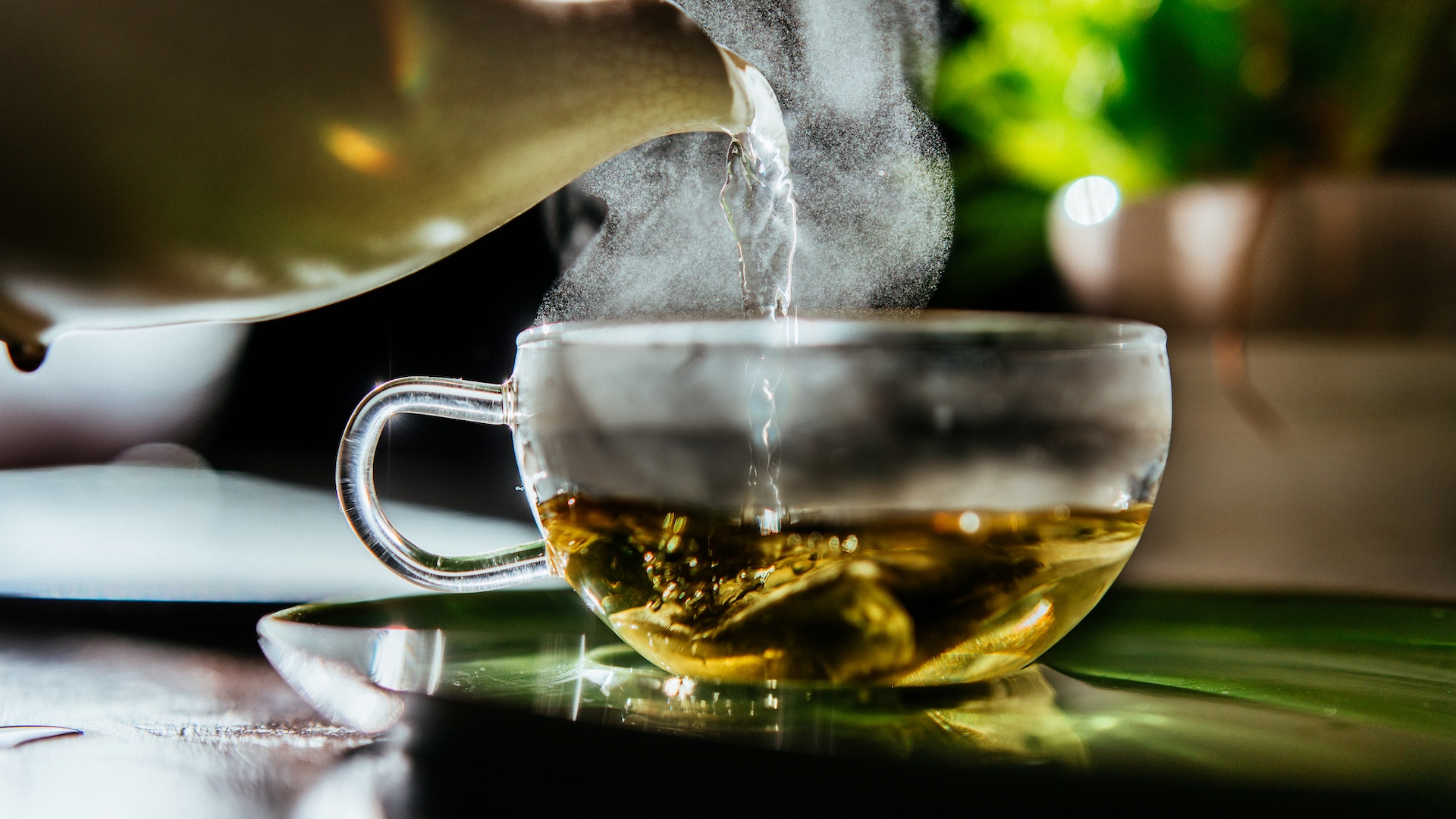
"Another trend I’m glad to see fading is the obsession with detox teas," says Jess Hillard, nutritionist at Warrior. "These were often marketed with unrealistic promises of fast results when, in reality, they relied on laxative effects that could disrupt digestion and mislead users into thinking they were losing fat. They promoted short-term fixes rather than sustainable health habits."
Coconut oil
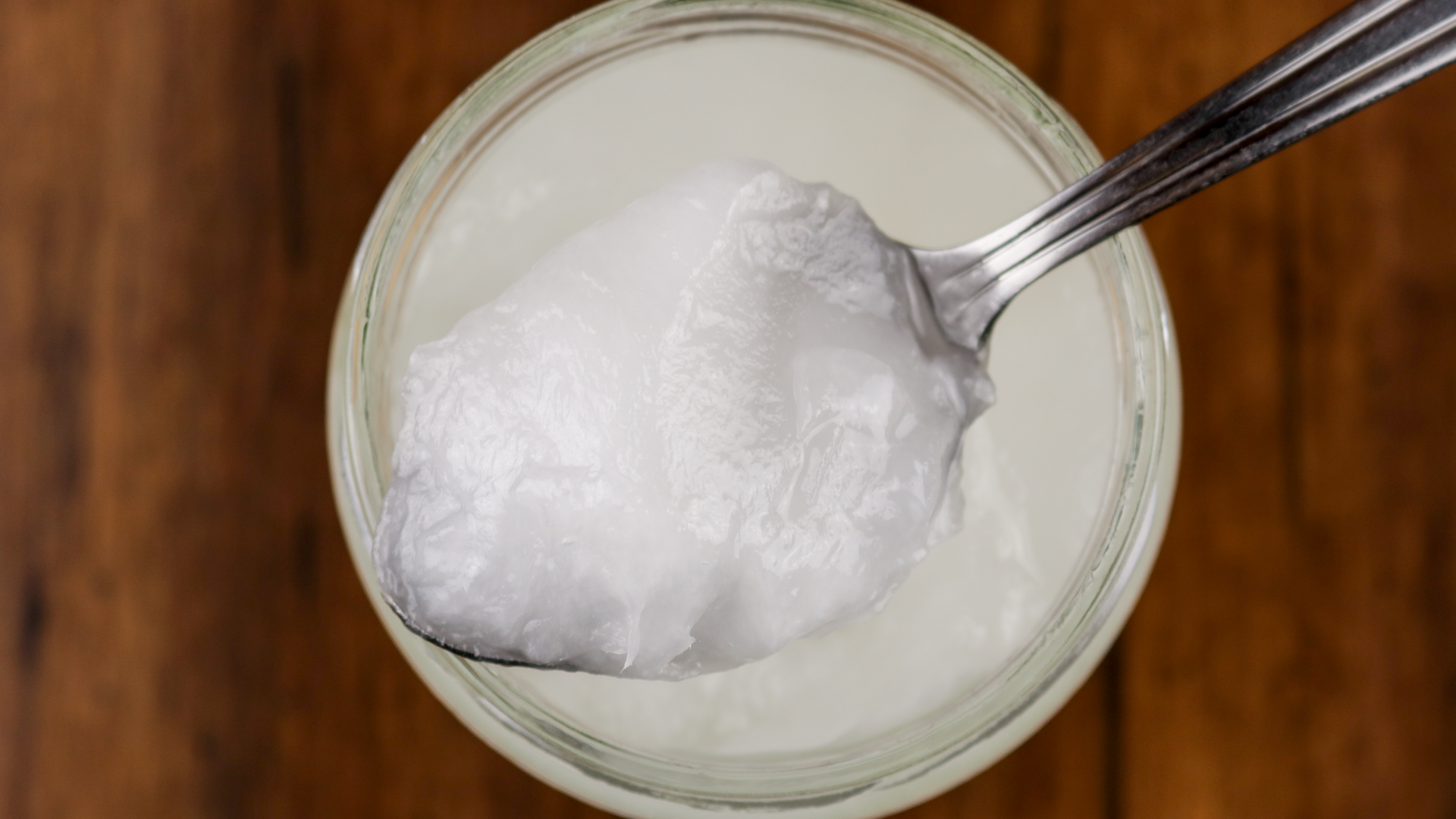
"Coconut oil became hugely popular due to celebrity endorsements and headlines overhyping its metabolism-boosting benefits from MCTs - medium-chain triglycerides," says Ruby Chauhan, nutritionist at Calo. "In reality, it contains more saturated fat than butter, which can raise LDL 'bad' cholesterol and increase cardiovascular risk. Extra virgin olive oil is far superior in terms of heart health benefits, and any trend that replaces this staple with coconut oil could be more disadvantageous for our health."
'Bulletproof' coffee
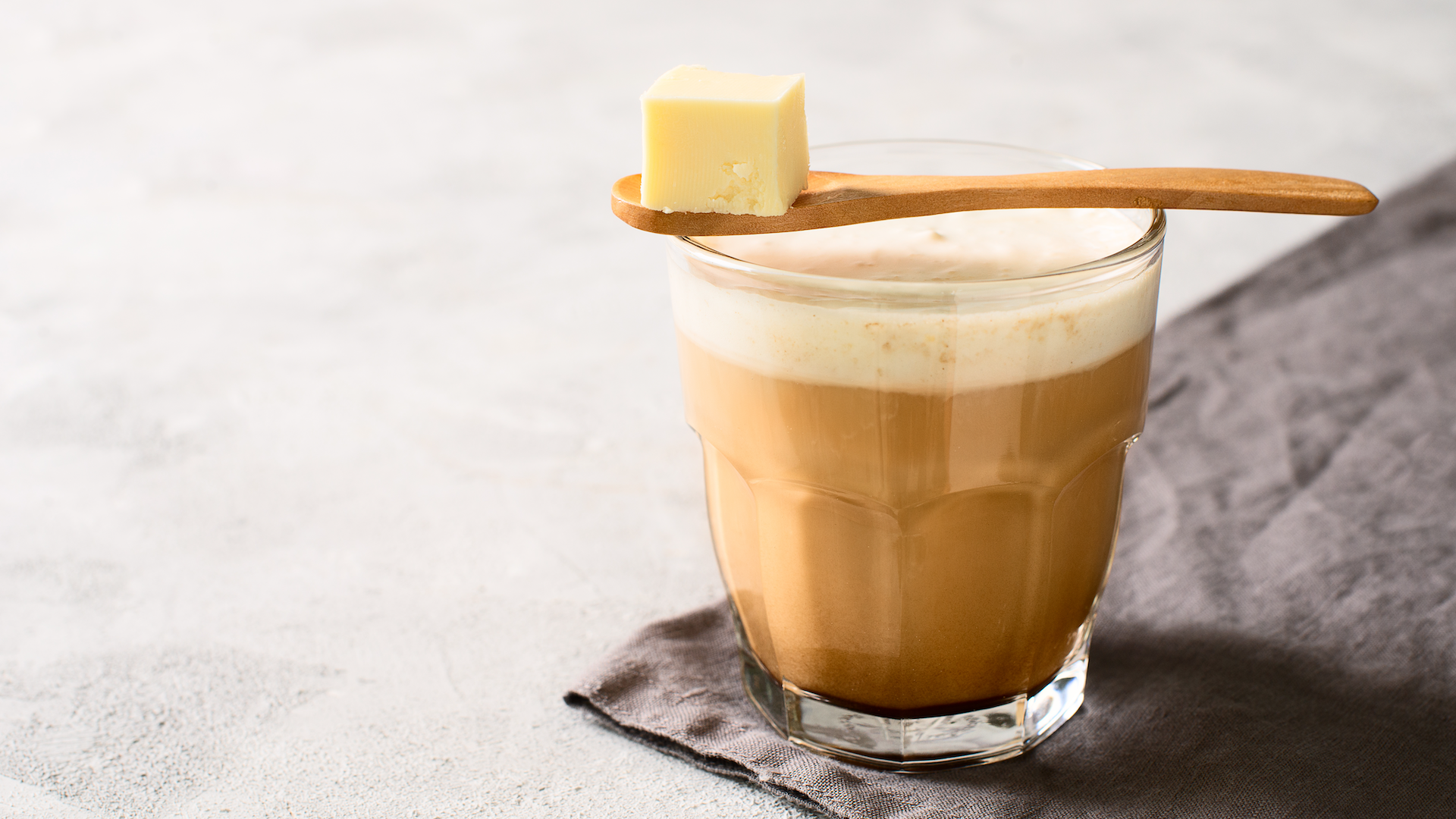
"This is where people blend coffee with butter and oil, usually a feature of the keto diet," explains Ruby Chauhan, nutritionist at Calo. "While it was claimed to boost focus and fat burning, it’s ultimately a high-calorie drink with little nutritional value. It meant starting the day with over 400 calories of fat, without any fibre, protein or micronutrients. It often replaced more balanced, nutrient-dense breakfasts that would better support energy and satiety."
Konjac noodles
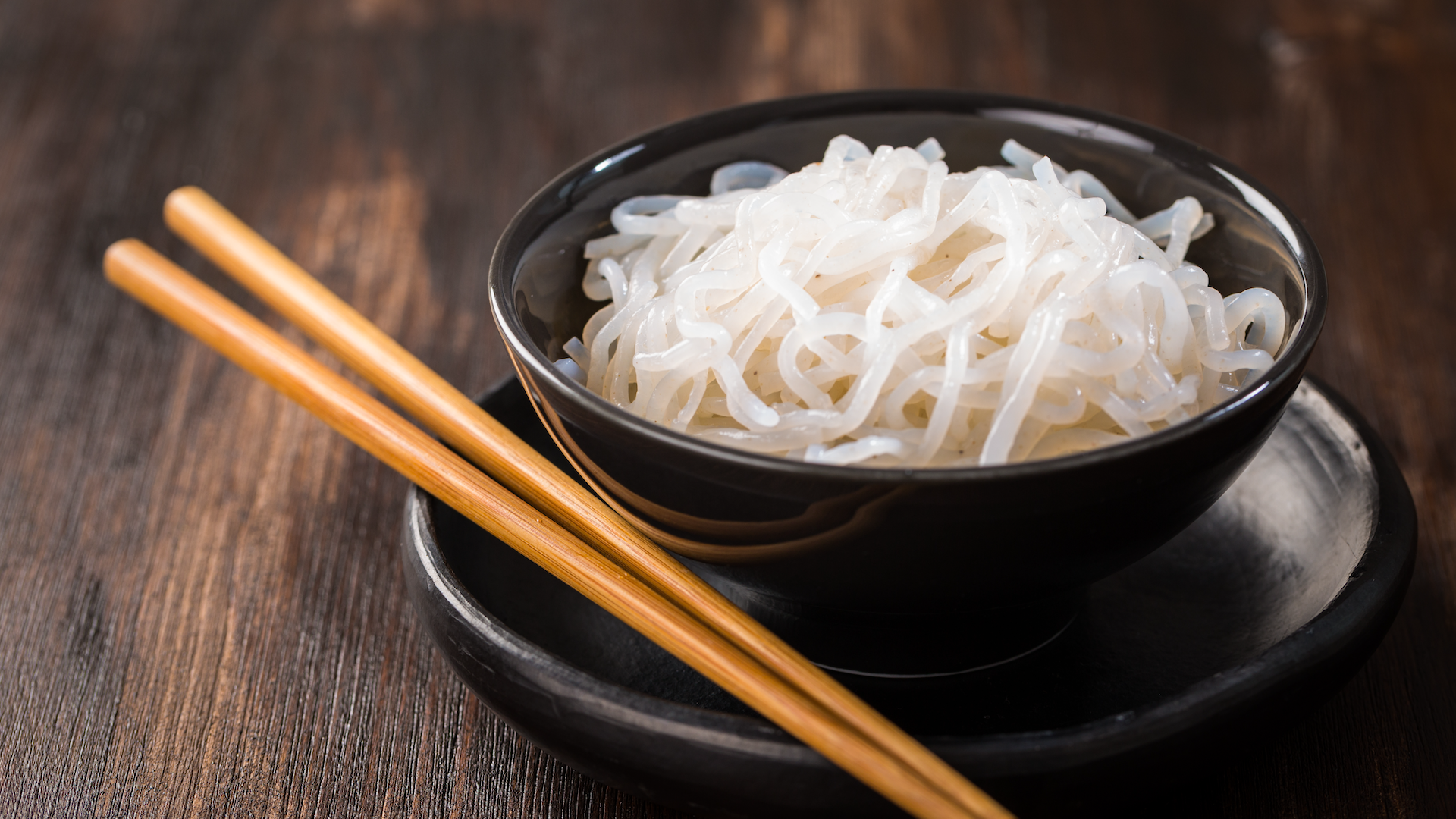
"Marketed as a near-zero-calorie carb substitute, konjac noodles gained popularity among those seeking weight loss," recalls Ruby Chauhan, nutritionist at Calo. "However, they provide almost no nutrition, have an odd texture and can cause digestive discomfort. They often left people unsatisfied and reaching for snacks soon after."
Ginger shots
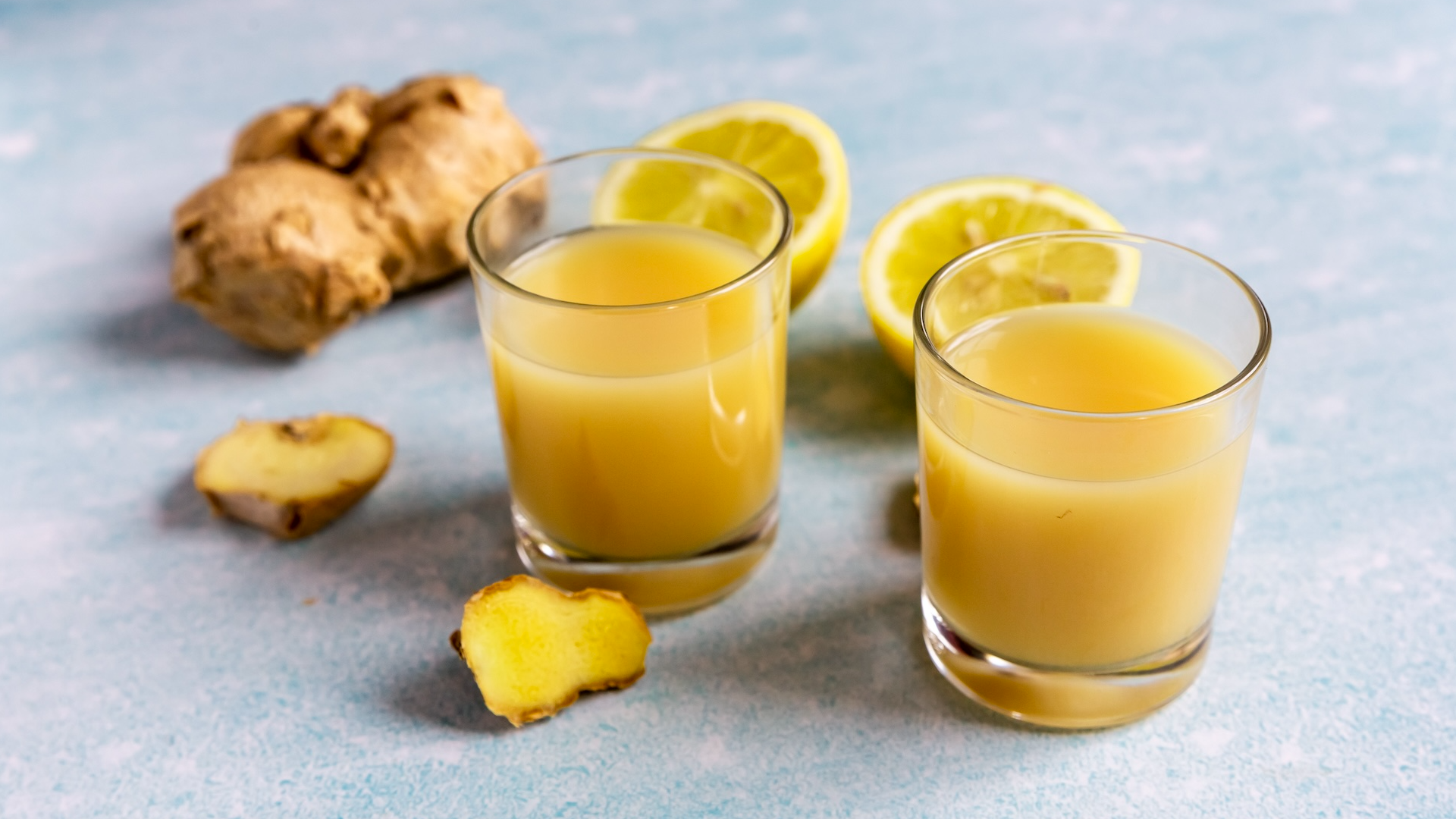
"Ginger shots are often portrayed as immunity-boosting miracle drinks," notes Ruby Chauhan, nutritionist at Calo. "However, often they’re predominantly apple juice with a dash of ginger. That means a sharp spike in blood sugar with minimal benefit from the actual ginger. Whole ginger in meals or tea is more effective and budget-friendly."
Apple cider vinegar
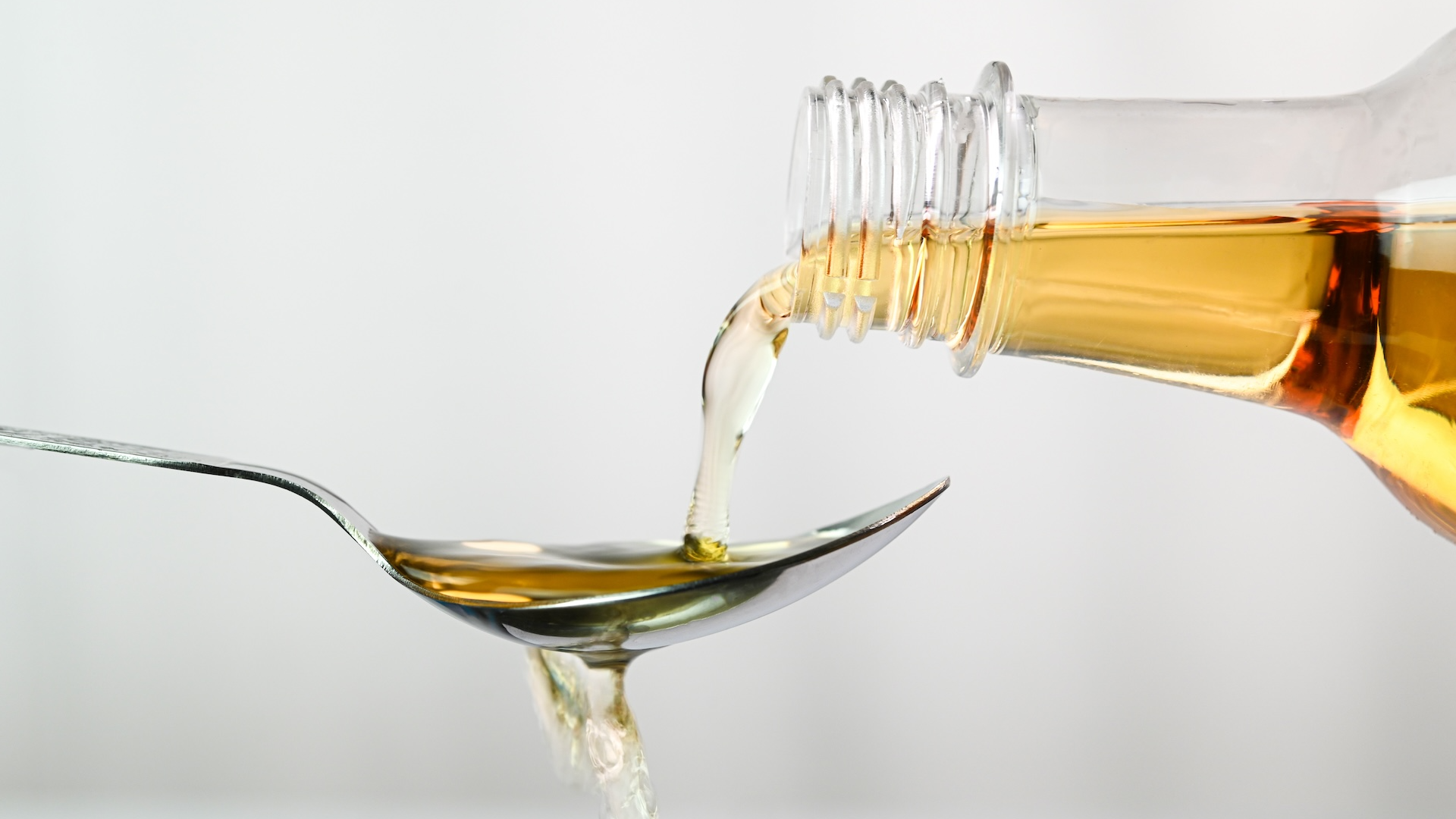
"People were taking straight shots of apple cider vinegar daily, thinking it would aid weight loss, digestion and blood sugar," says Catherine Bell, registered dietitian, health coaching service lead at Juniper and senior programme manager at Eucalyptus. "Not only is the science weak, but it can also erode tooth enamel and irritate the digestive tract. A balanced diet does far more for metabolic health than vinegar ever could."
Low-fat cheese
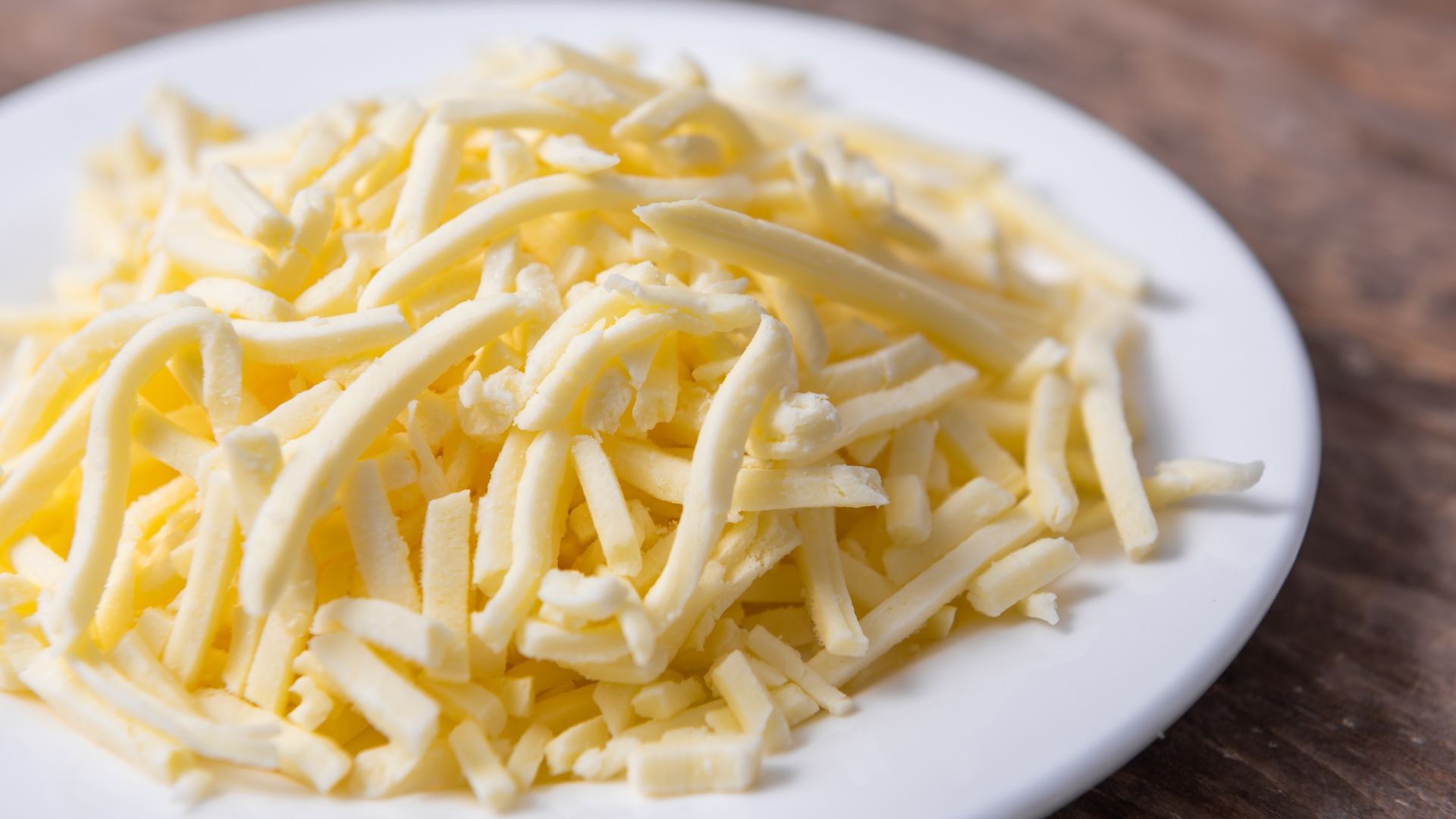
"Low-fat processed foods were once celebrated as an easy go-to option for healthier eating," says Brea Lofton, dietitian and nutritionist at Lumen, of products such as 'diet' cheese. "They often contained excessive amounts of sugar and artificial additives to compensate for any flavour lost in the fat removal process."
'Light' crisps
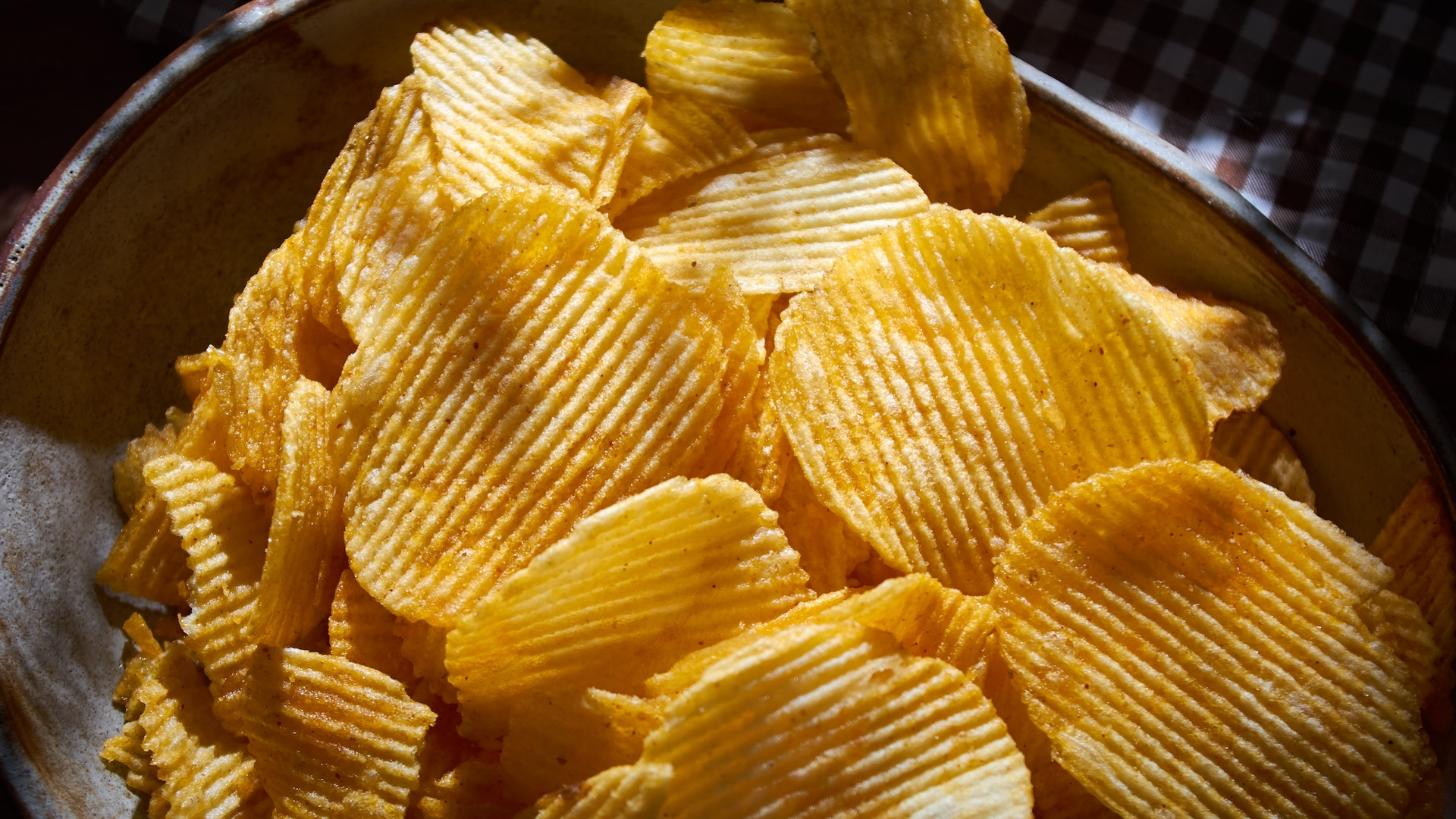
Brea Lofton, dietitian and nutritionist at Lumen, highlights the issues with fat-free snacks like low-calorie crisps. "These items were often touted as healthy alternatives, but they rarely included the essential nutrients that our bodies need to thrive," she explains. "They were often highly refined and stripped of important vitamins and minerals, leaving us with empty calories."
'Light' ice-cream
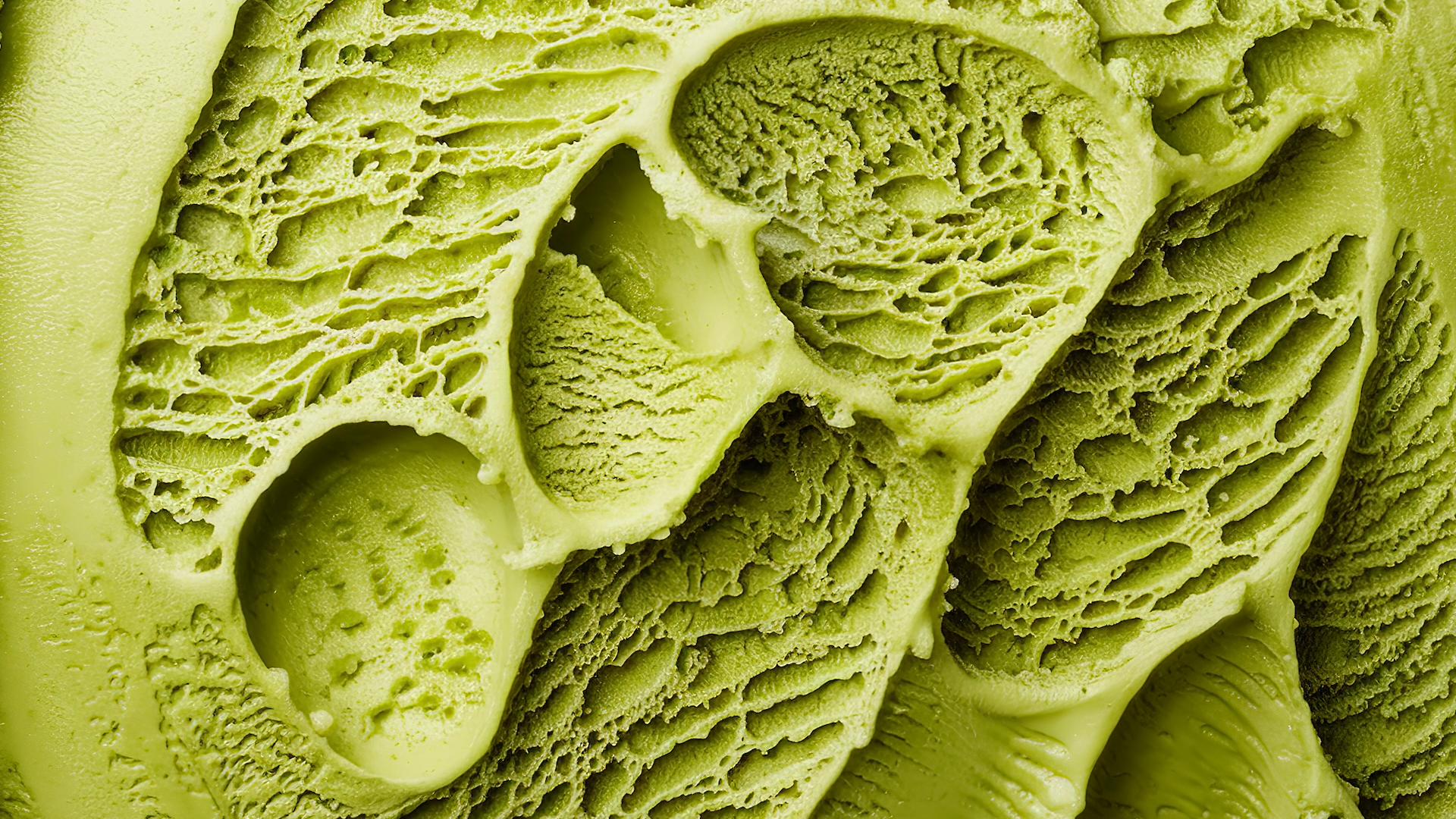
"The 90s low-fat craze taught us to fear fat, but food companies stripped out fat then rebuilt flavour and texture with sugar, starches, gums and sweeteners," says Alison Bladh, a registered nutritionist, of items like diet ice-cream. "That swap spiked blood sugar, nudged insulin up, and left people hungry again soon after. It also made products moreish without being satisfying, so portions drifted up."
'Light' cream cheese
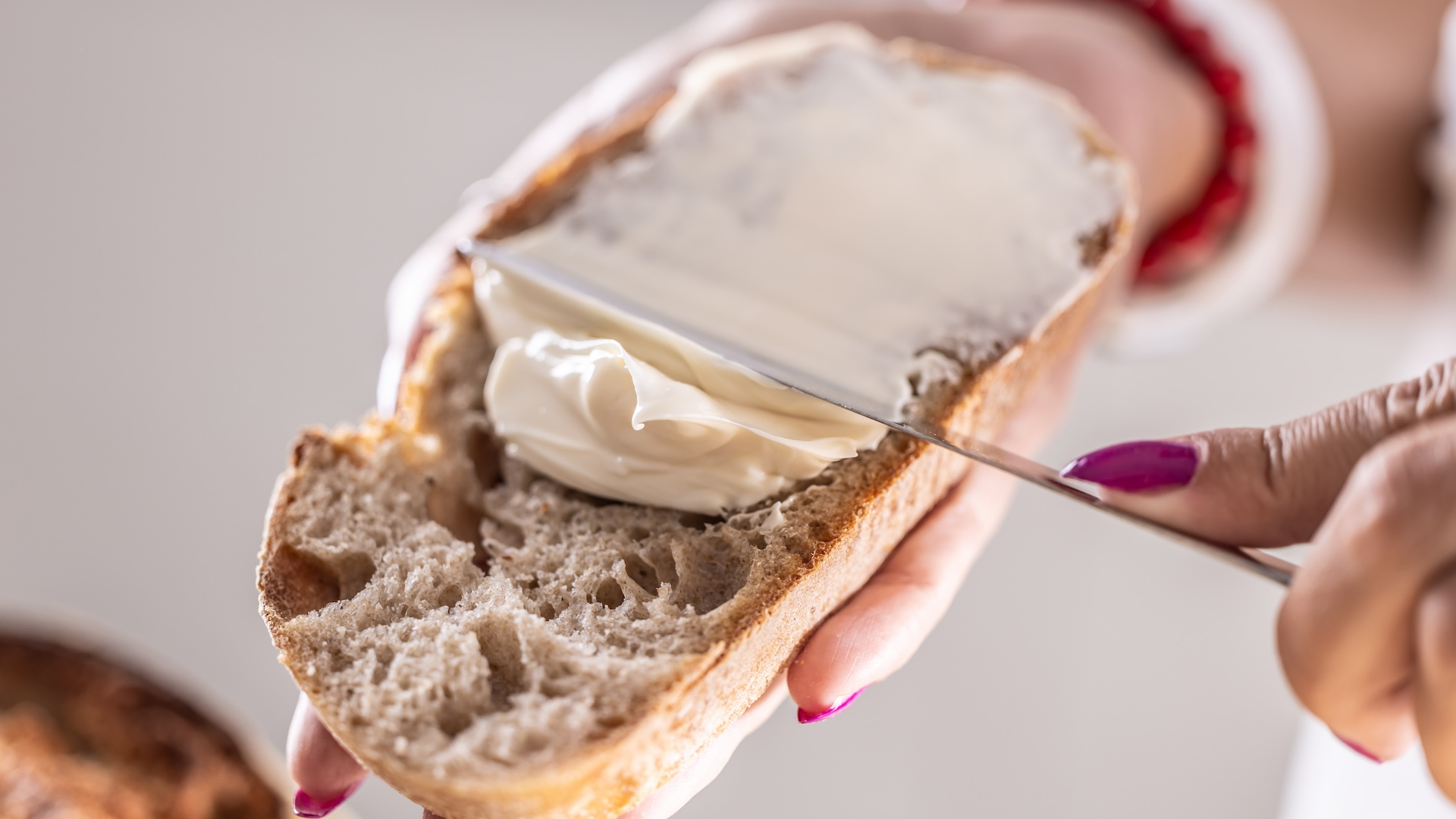
"For years, low-fat spreads - like 'light' cream cheese - were sold as the heart-healthy alternative to butter," explains Alison Bladh, a registered nutritionist. "But even as trans fats were phased out, these spreads remained ultra-processed emulsions, often containing refined vegetable oils, additives and stabilisers. They lacked the flavour, satiety and nutrient profile of natural fats, and for many people they became just another way to eat more bread without feeling full."
Reduced-fat hummus
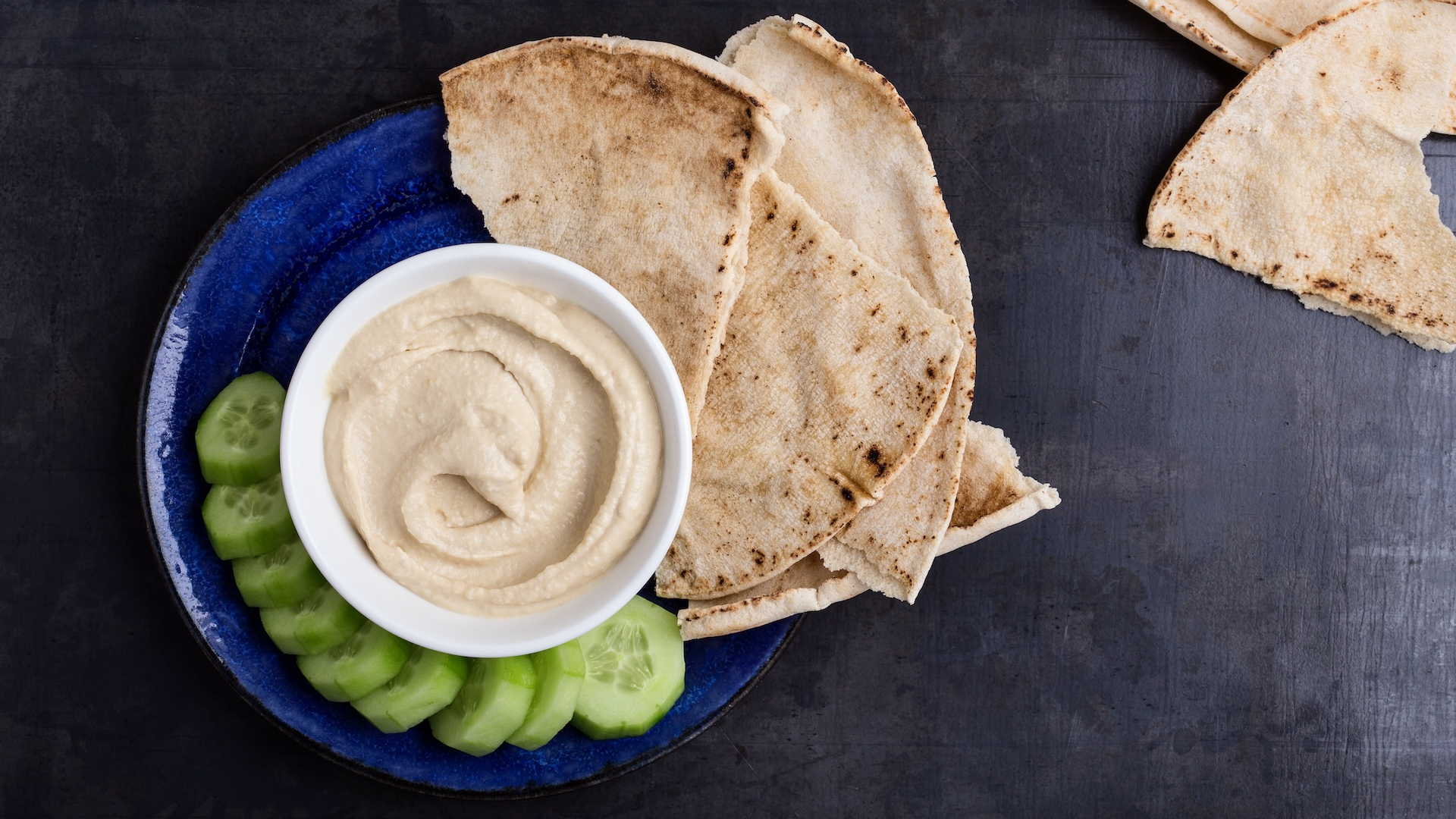
"Products labelled as ‘diet’ are usually loaded with artificial sweeteners and fillers to compensate," warns Laura Beckford, a nutrition and holistic health expert. "These can cause gut dysbiosis - an imbalance in the microbiome of the digestive tract, where the 'good' bacteria are outnumbered by 'bad' bacteria." It's why it's best to enjoy the regular hummus in moderation, rather than its low-fat sibling.
Fat-free cookies
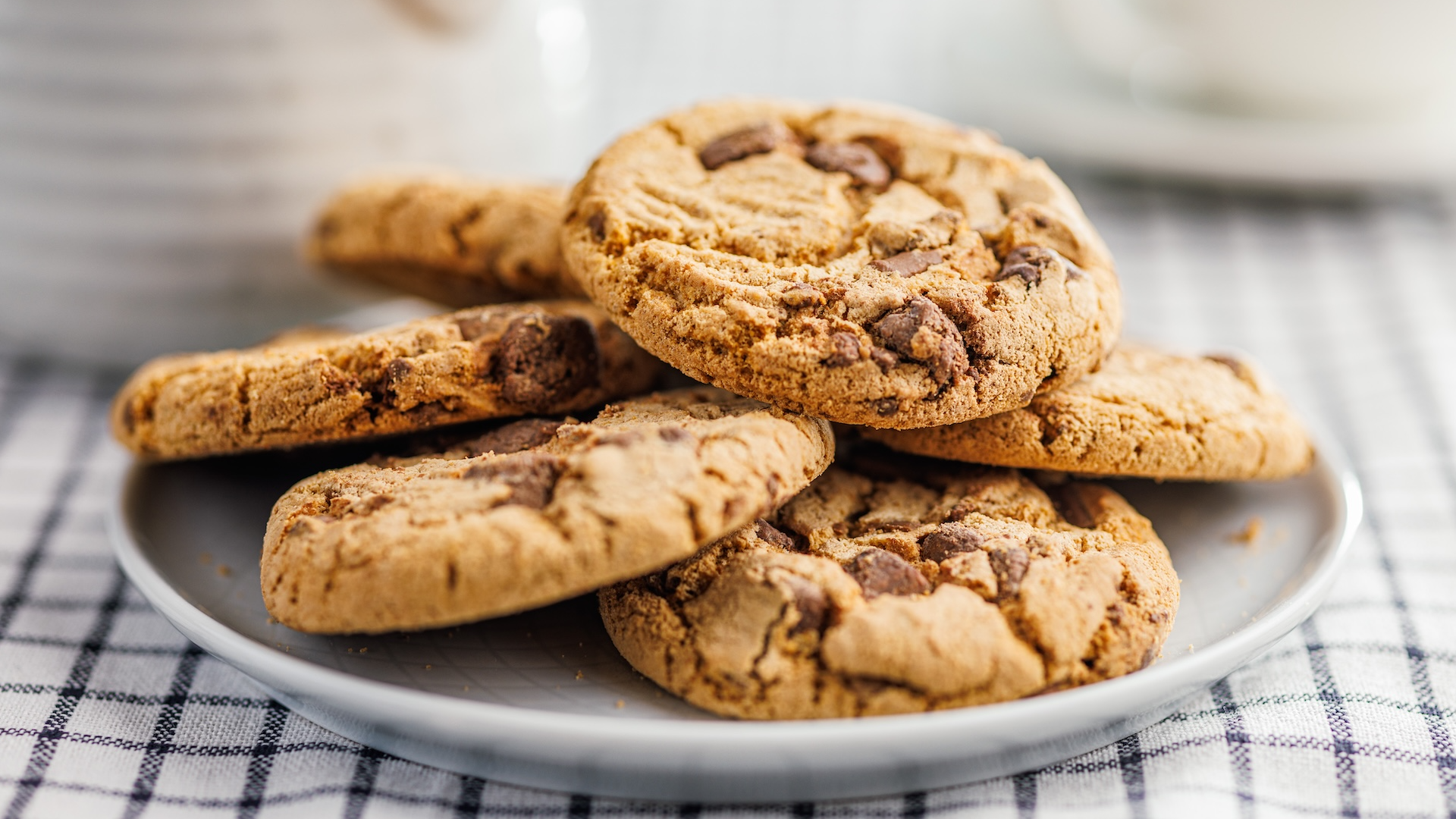
"Remember when we stripped all the fat out of food and replaced it with sugar?" recalls Joe Ghafari, certified personal trainer, nutritionist and weight loss specialist at Eden Health. "That was like removing the engine from a car and wondering why it won't run. Fat is what helps your body absorb vitamins A, D, E, and K. Without it, you're eating nutrients your body can't even use. Plus, those fat-free cookies were loaded with sugar to make them taste like something other than cardboard."
Grapefruit
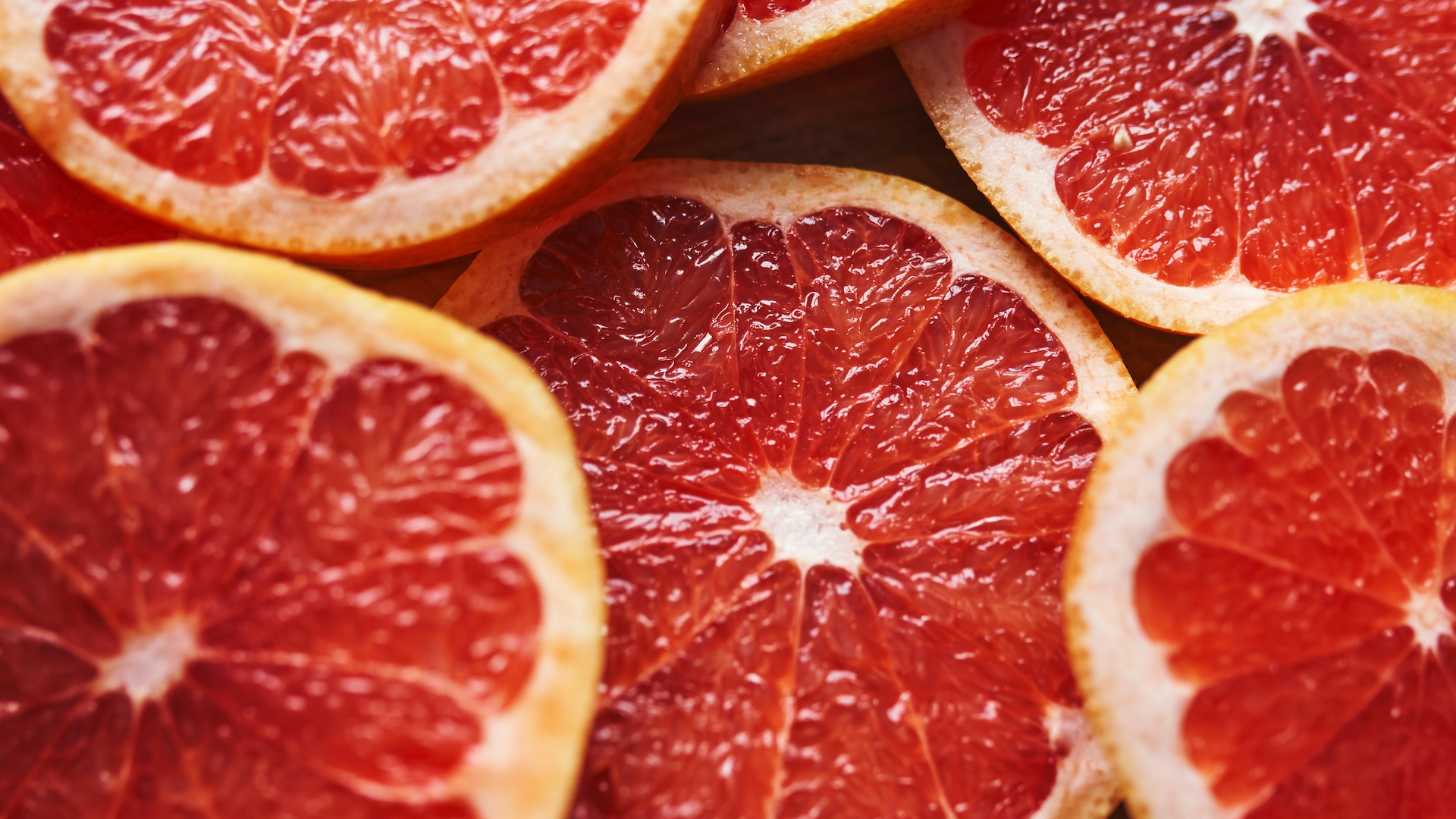
"The grapefruit diet was pure nutrition theatre," says Joe Ghafari, a certified personal trainer, nutritionist and weight loss specialist at Eden Health. "Here's what actually works: protein plus fibre on your plate, every single meal. It's what keeps your metabolism humming and your hunger in check."
Vegan burger
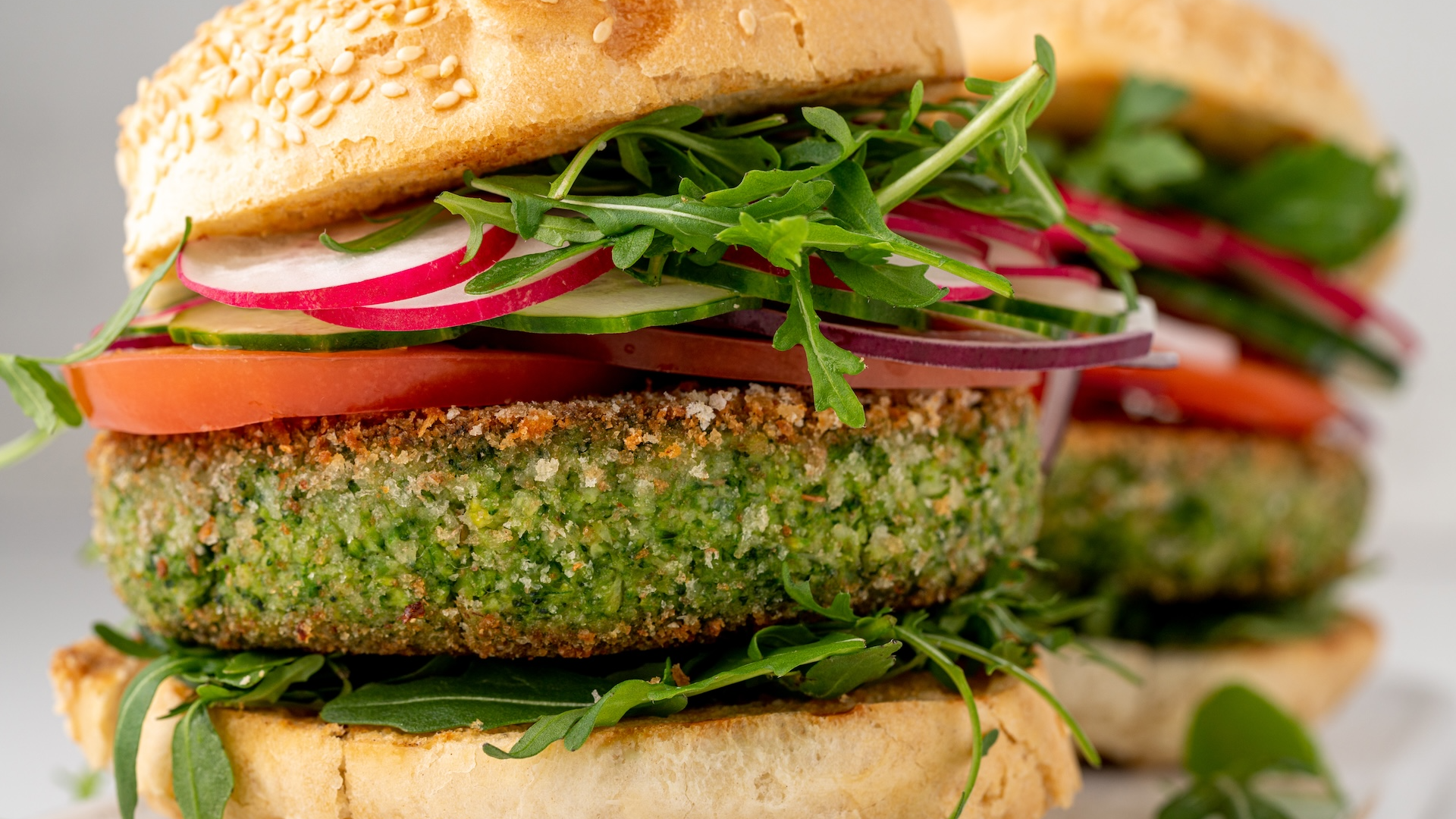
Vegan diets were once all the rage, and included meat alternative products like 'vegan' burgers. "Vegan diets, when not done well, can be lacking in complete proteins and certain micronutrients," warns Catherine Bell, registered dietitian, health coaching service lead at Juniper and senior programme manager at Eucalyptus.
Almond milk
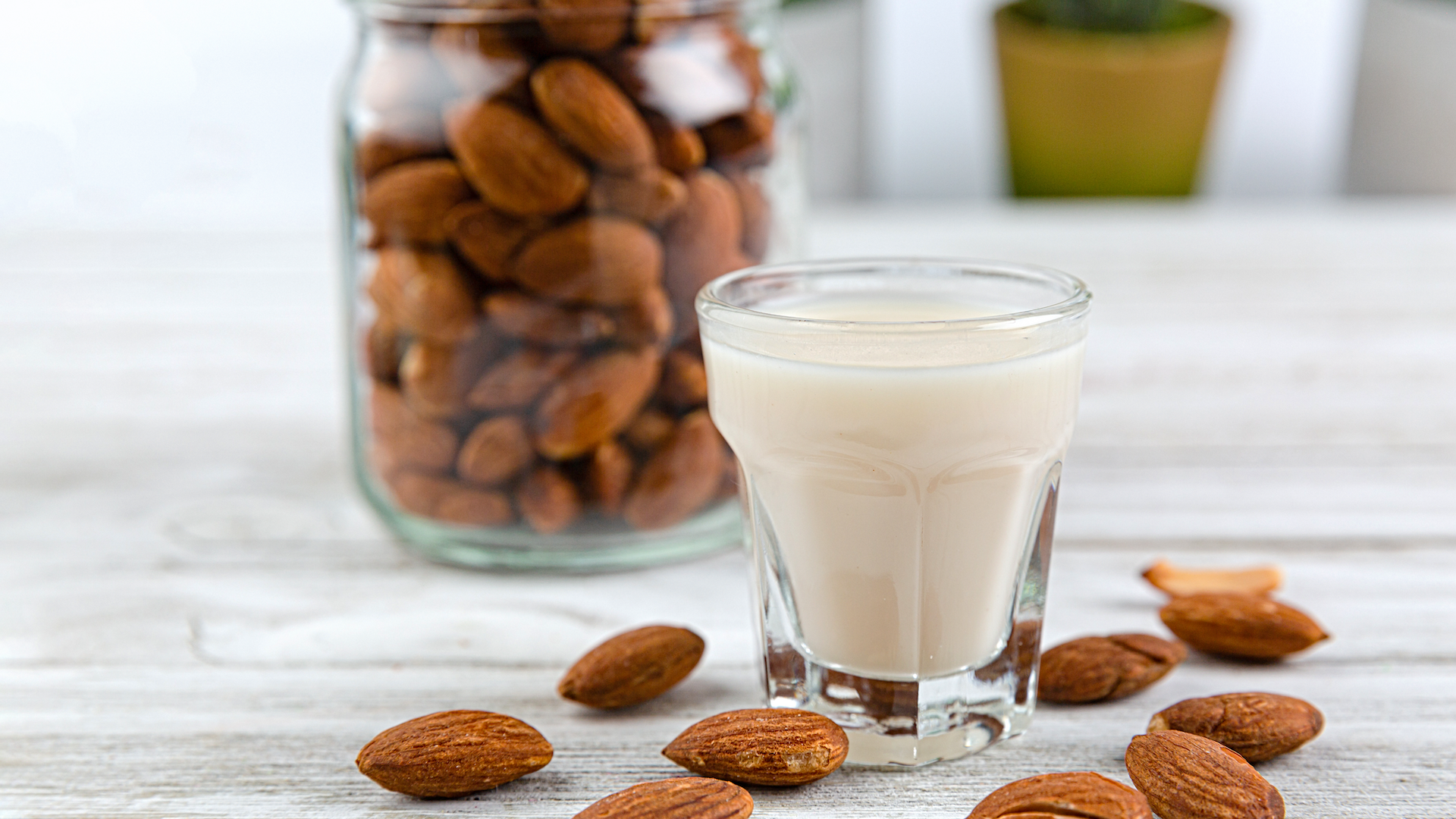
"The rise of almond milk and other plant-based dairy alternatives was driven more by marketing than nutritional science," says Jess Hillard, nutritionist at Warrior. "While these options can be useful for those with allergies or ethical concerns, many are high in added sugars and low in protein, vitamins, and minerals, particularly when compared to nutrient-rich options like fortified cow’s milk or higher-quality dairy alternatives."
Celery juice
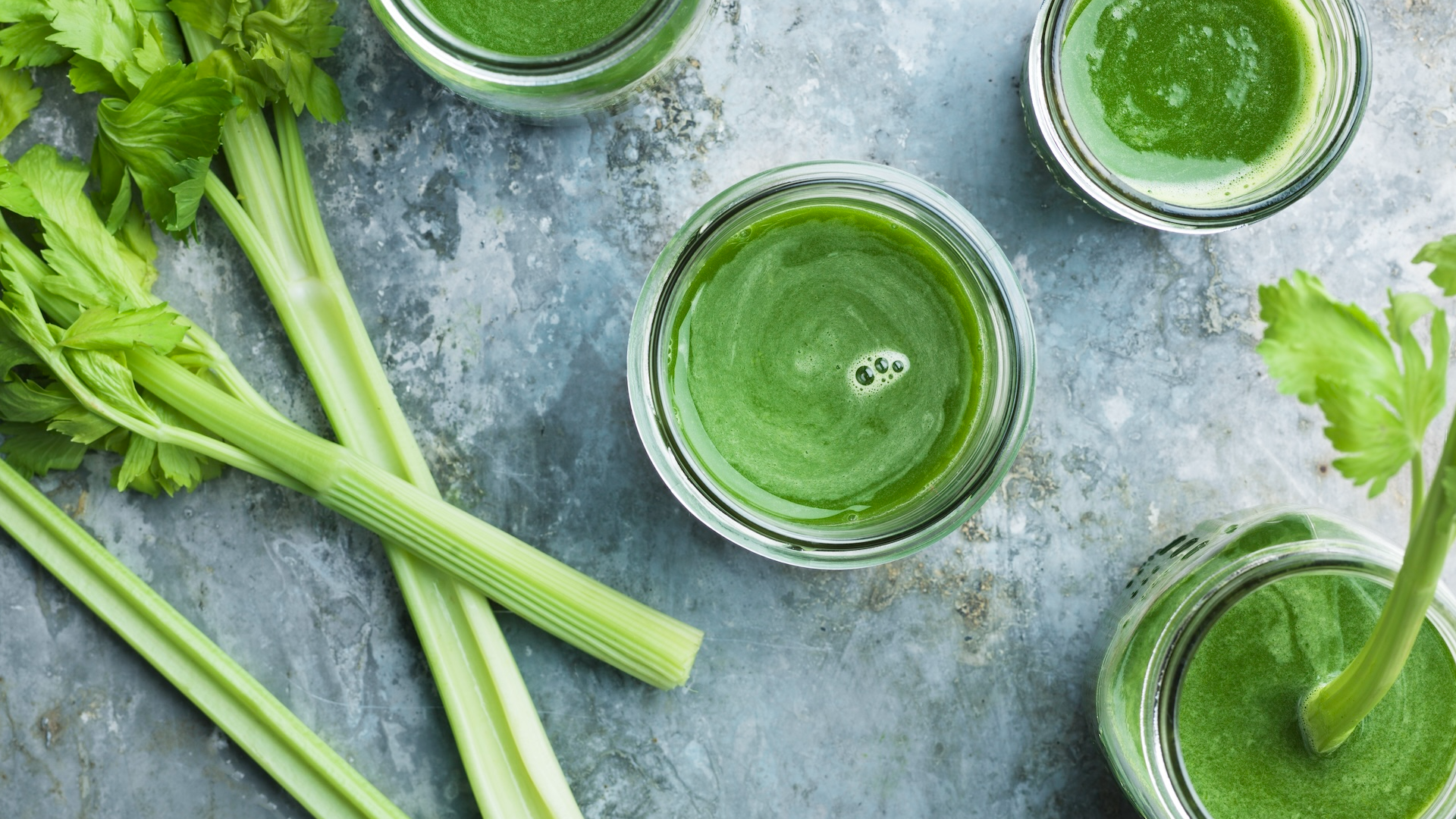
"There were once claims that a daily glass of celery juice could 'heal' everything from skin issues to chronic disease," says Catherine Bell, registered dietitian, health coaching service lead at Juniper and senior programme manager at Eucalyptus. "In reality, celery juice is hydrating, like water, but lacks the fibre of whole celery and doesn’t offer anything miraculous."
Low-calorie ready meals
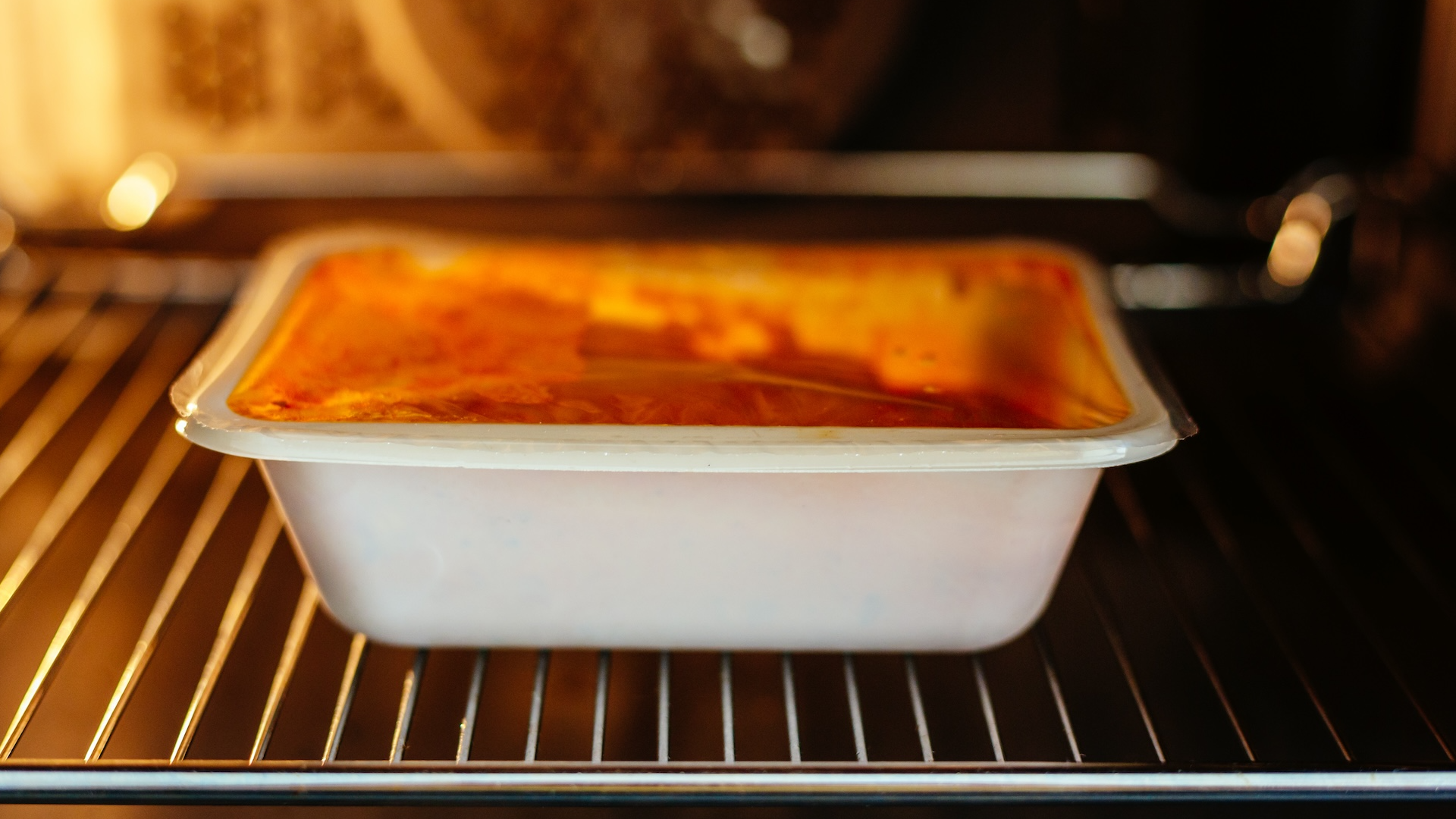
"Low-calorie read meals were marketed as a quick, slimming solution - promising portion control without the hassle of cooking," explains Alison Bladh, a registered nutritionist. "In reality, many were bulked out with refined starches, gums and emulsifiers, and offered little protein or healthy fat. The result? A brief feeling of fullness followed by hunger and snacking later."

Lauren is a freelance writer and editor with a decade of print and digital journalism experience. While she specialises in covering health and wellness topics - ranging from nutrition and fitness, to women’s health conditions and mental wellbeing - she has written across a diverse range of lifestyle topics, including fashion, beauty, homes, royals and travel.
In addition to writing for Woman & Home and sister title Homes & Gardens, Lauren's work has also been published by Women’s Health, The Times, Daily Telegraph, Elle, Cosmopolitan, The Guardian, Marie Claire, Body + Soul, Stylist, Glamour, Grazia, Red, Dazed Digital, Yahoo Life, The Sun’s Fabulous, Get The Gloss and Hello! among others.
You must confirm your public display name before commenting
Please logout and then login again, you will then be prompted to enter your display name.